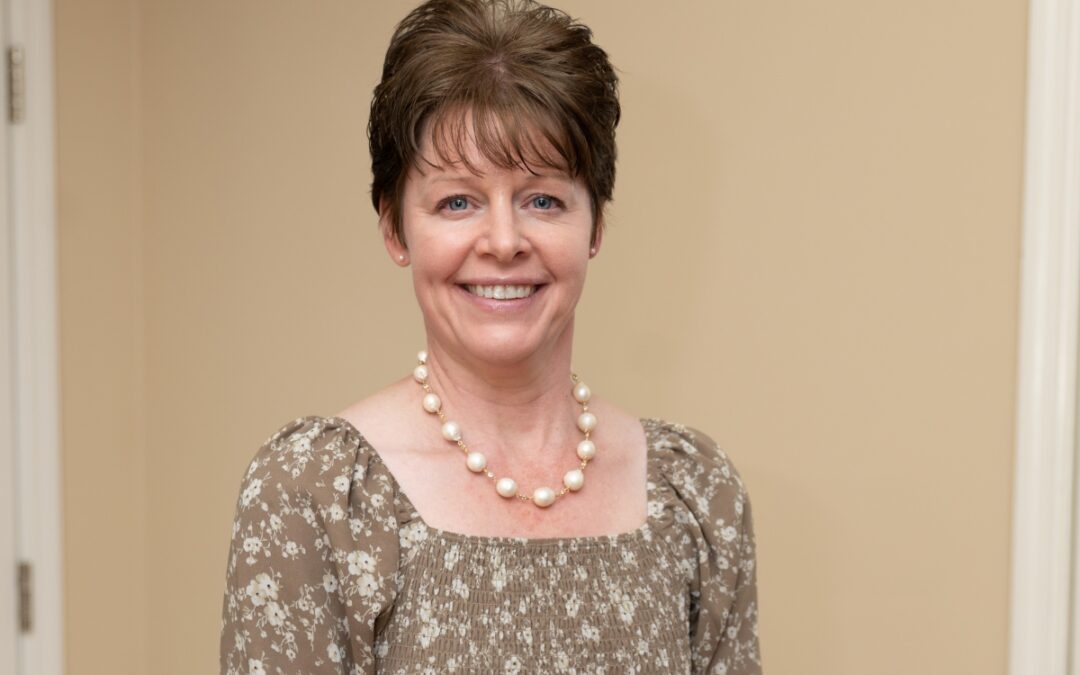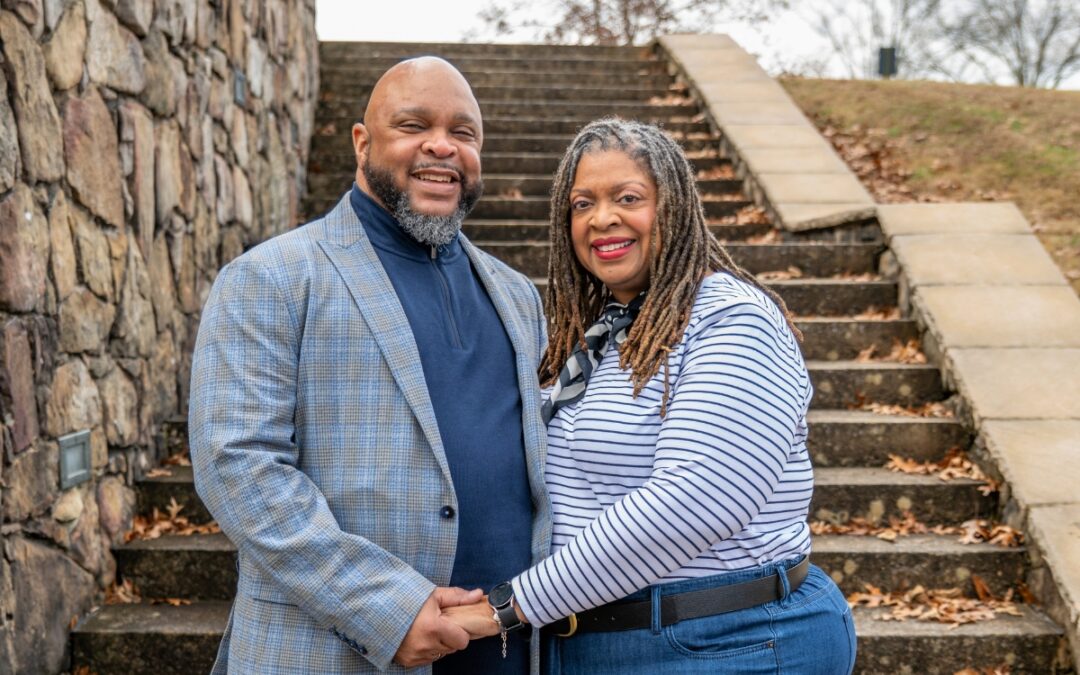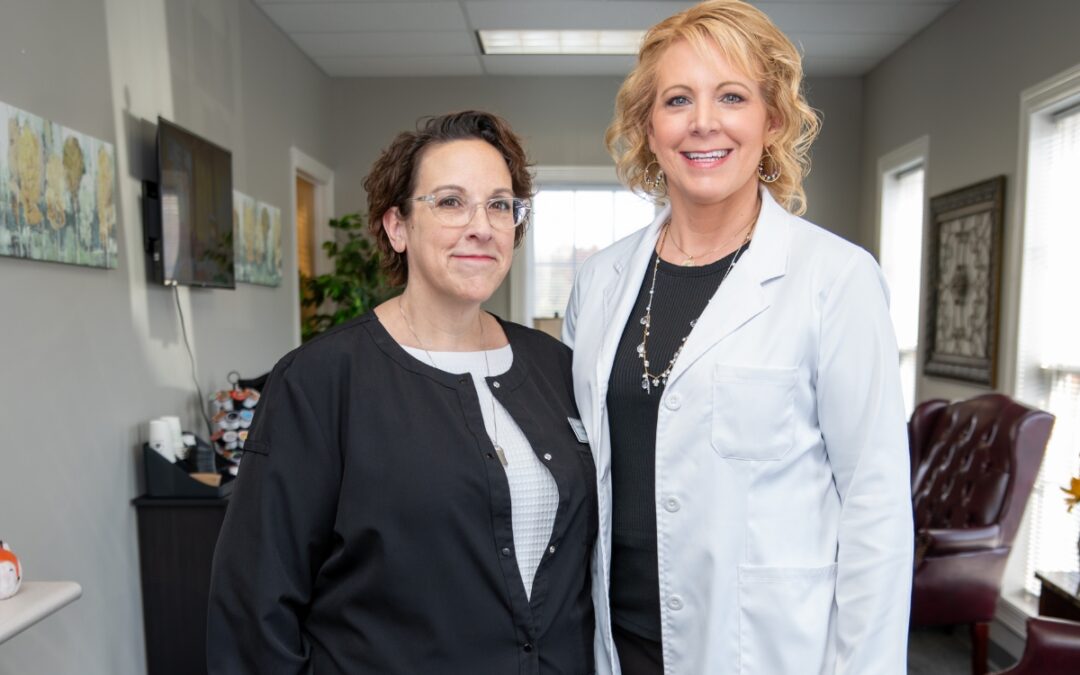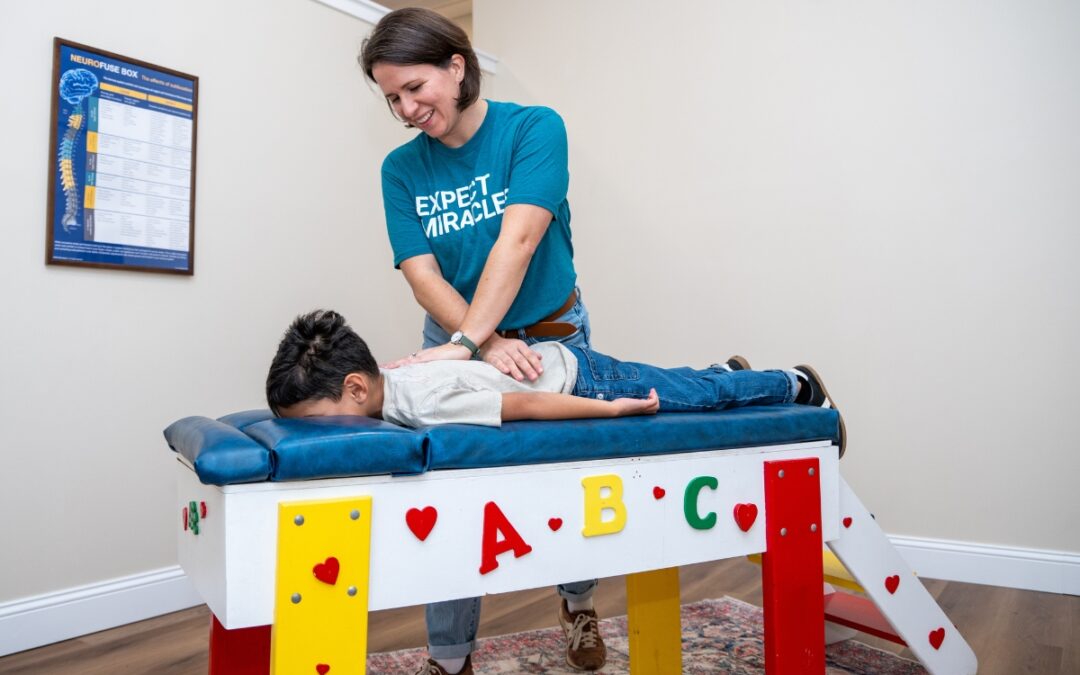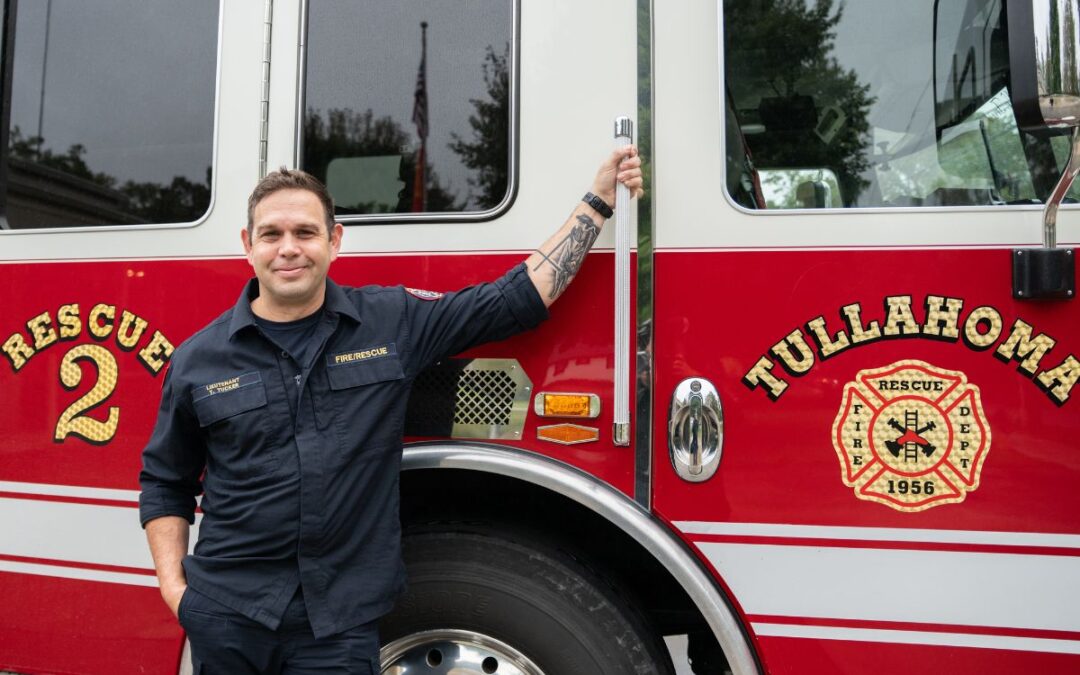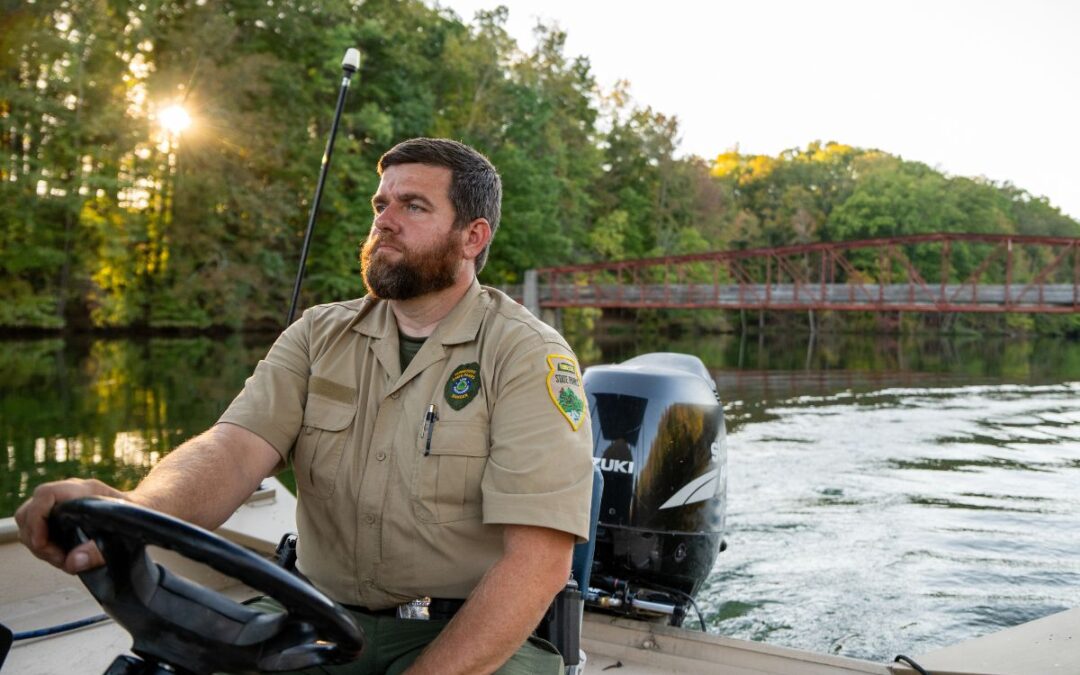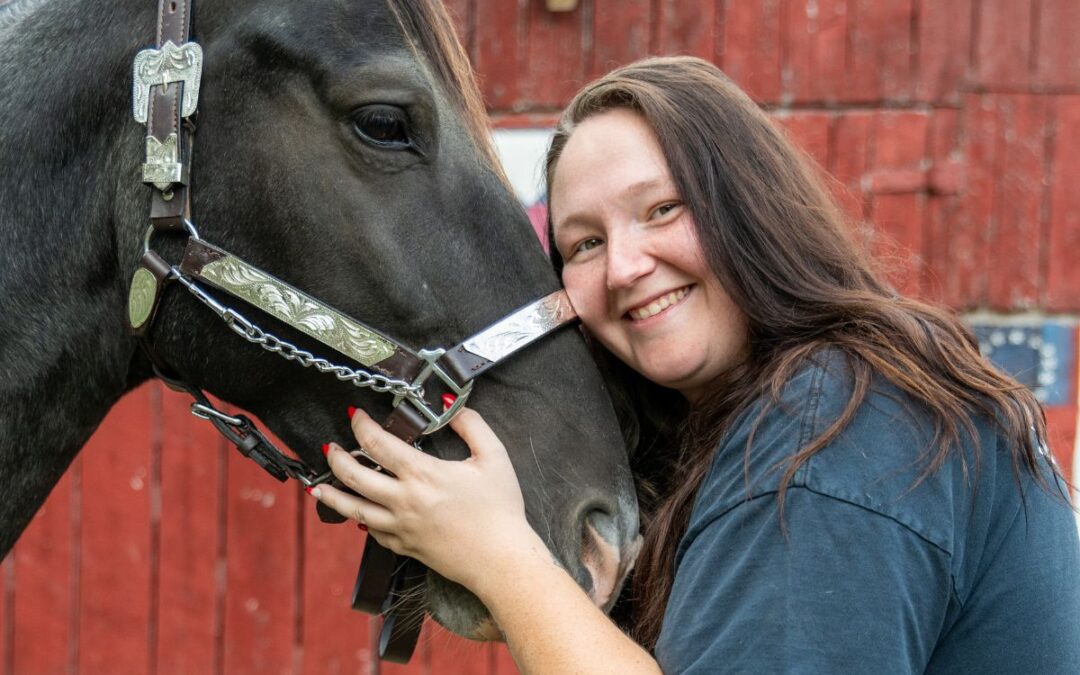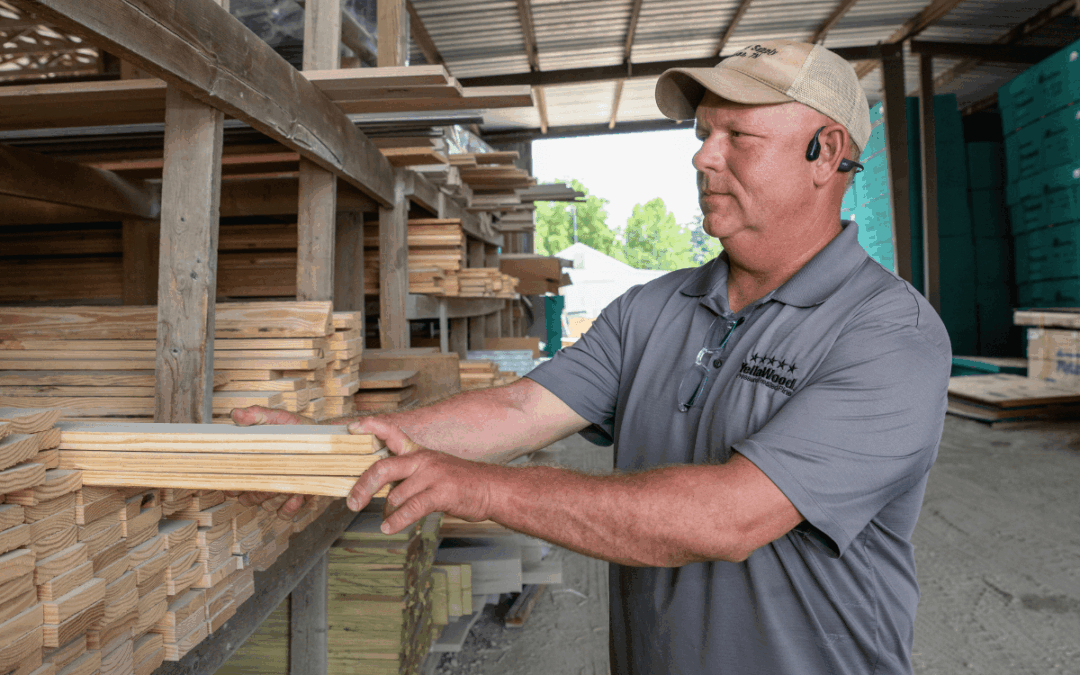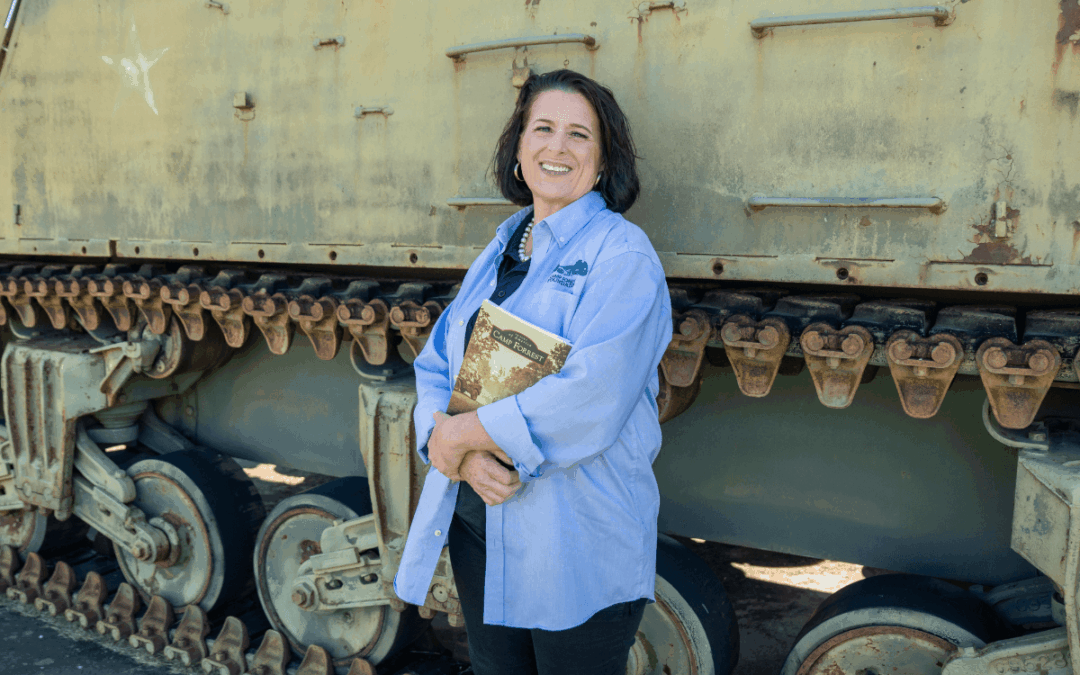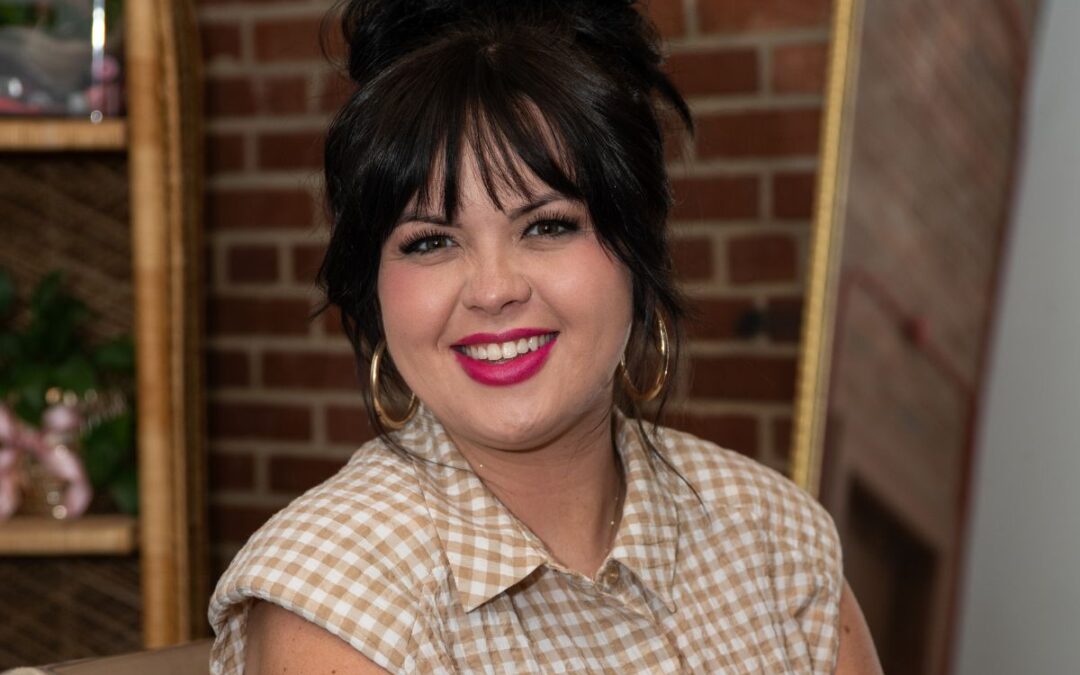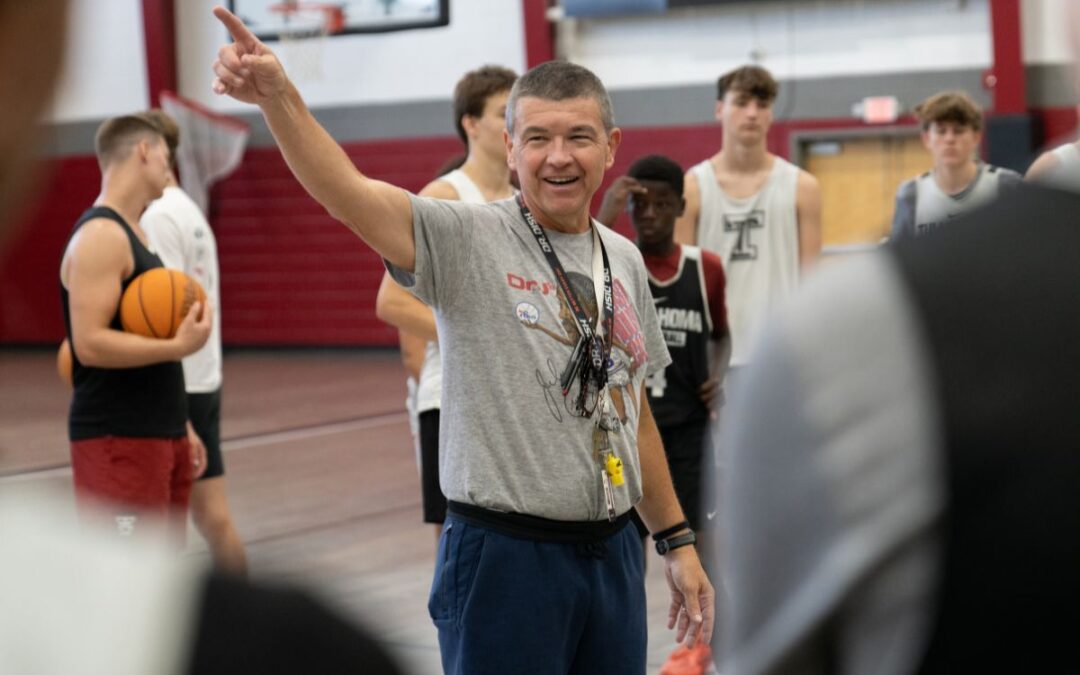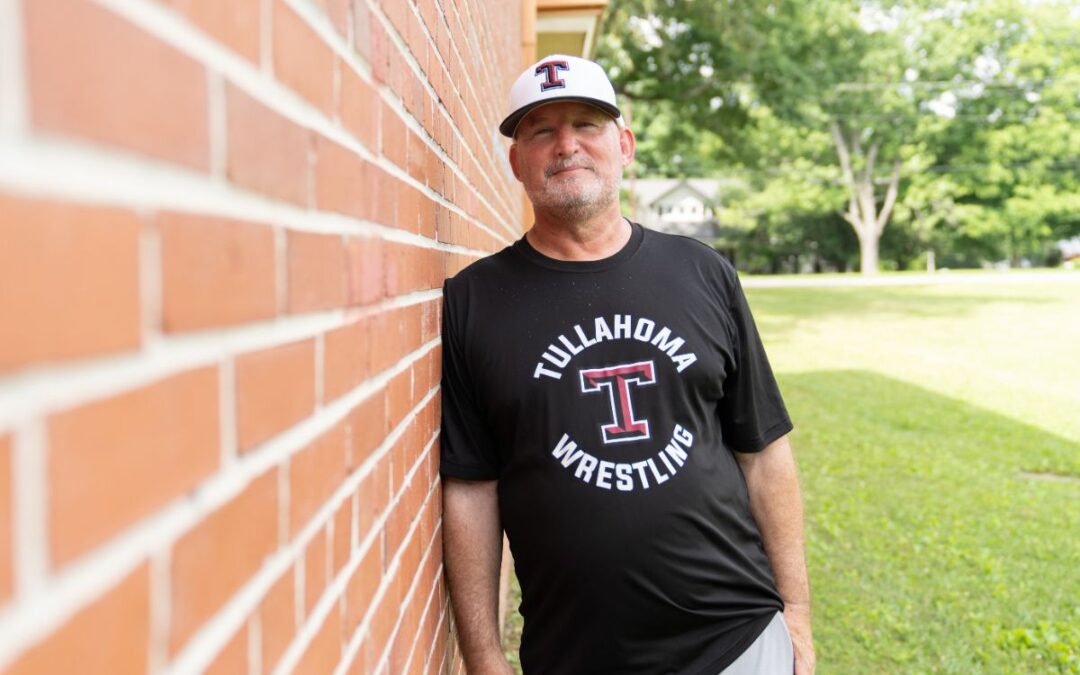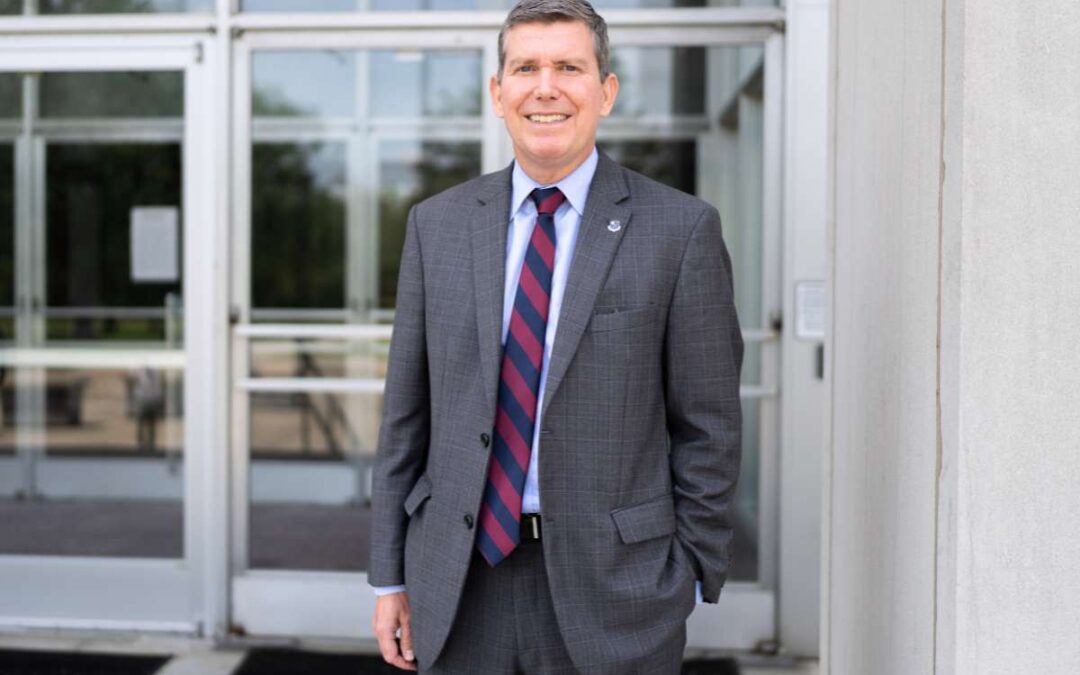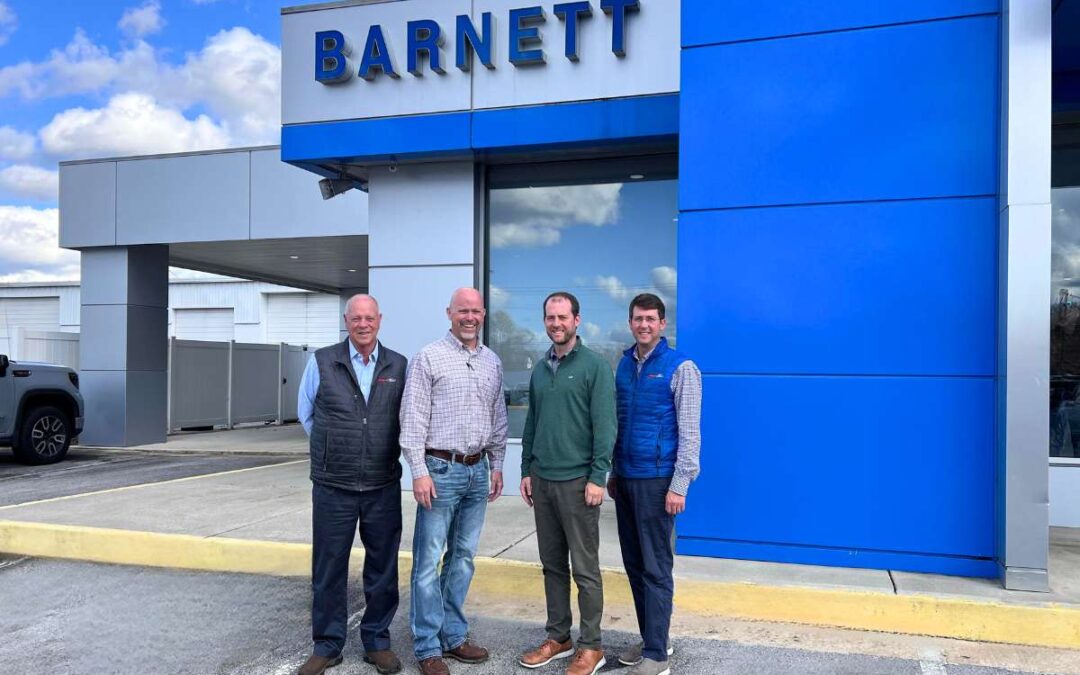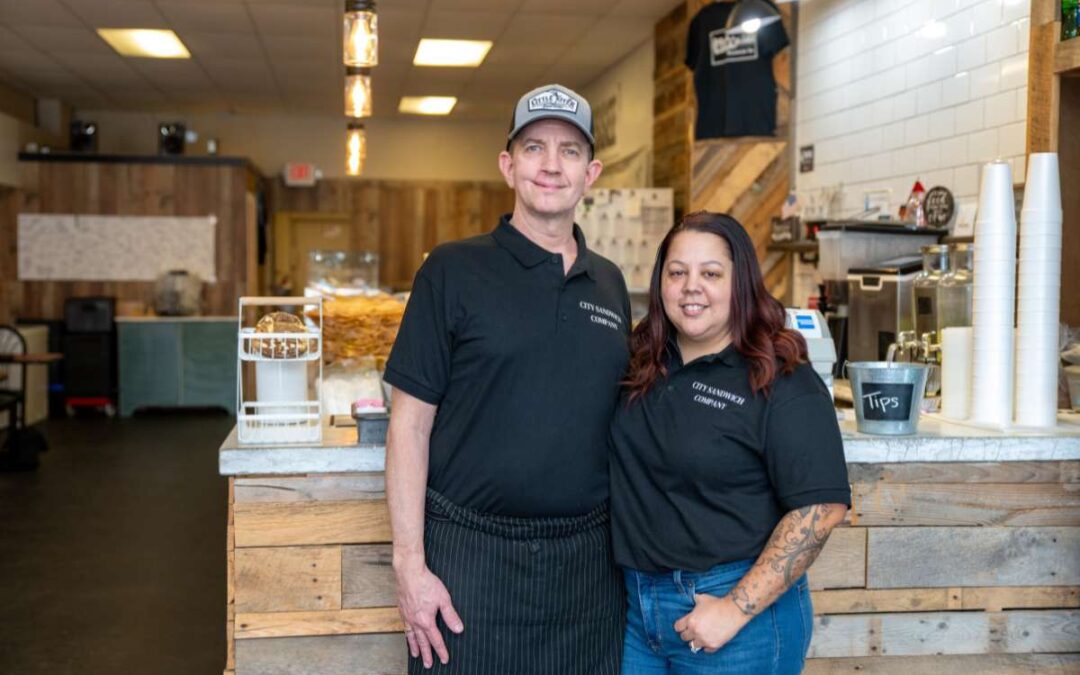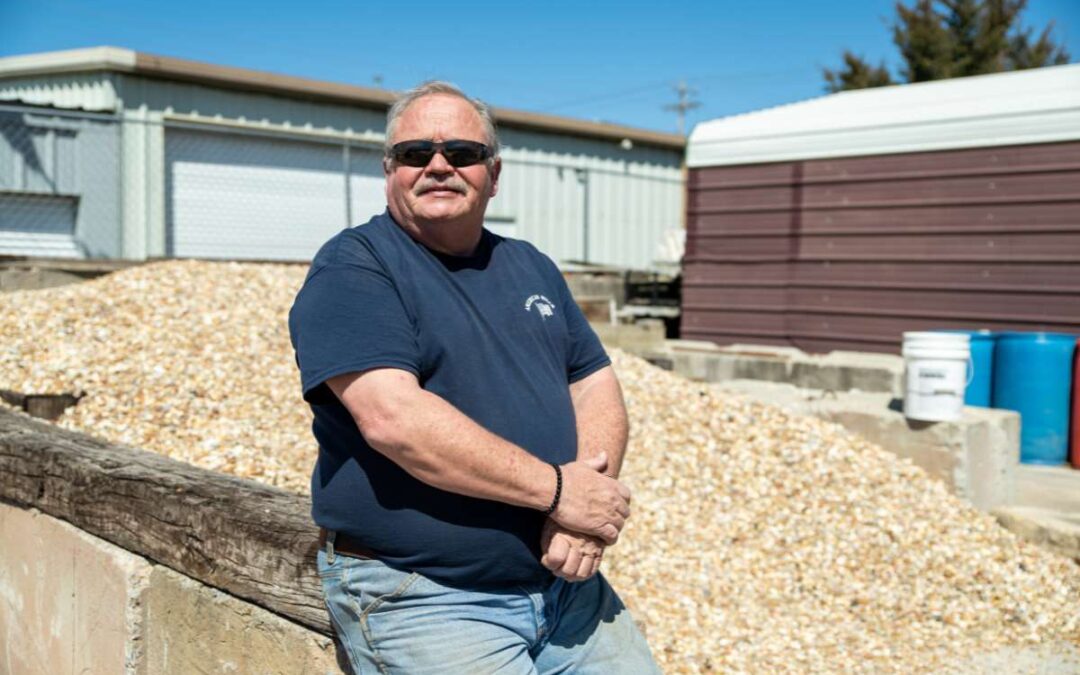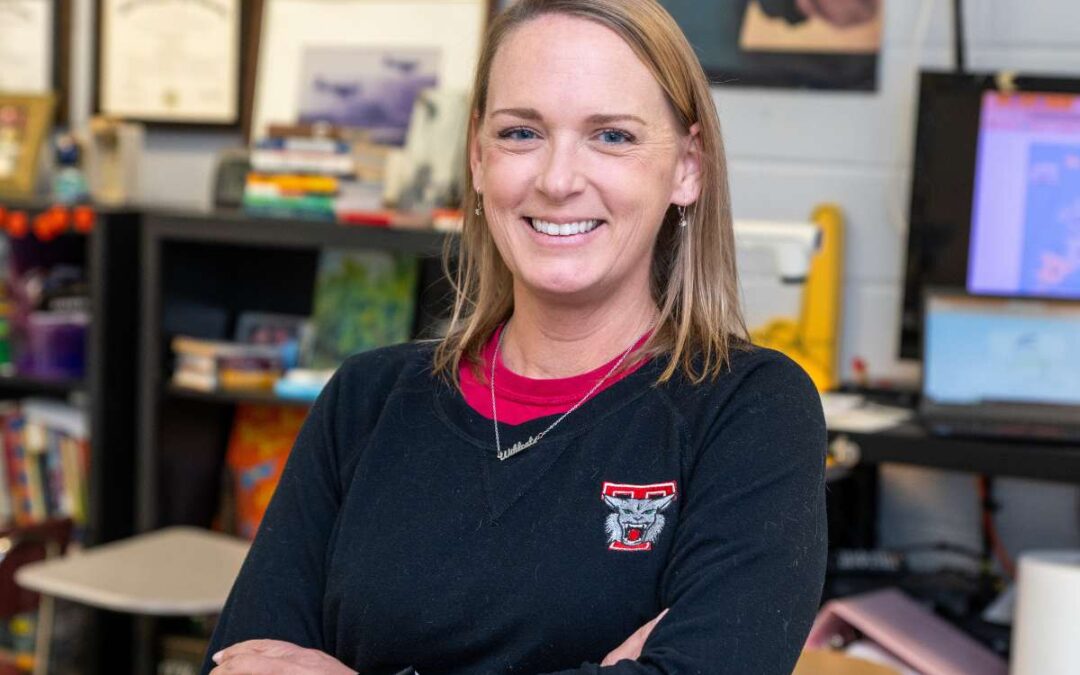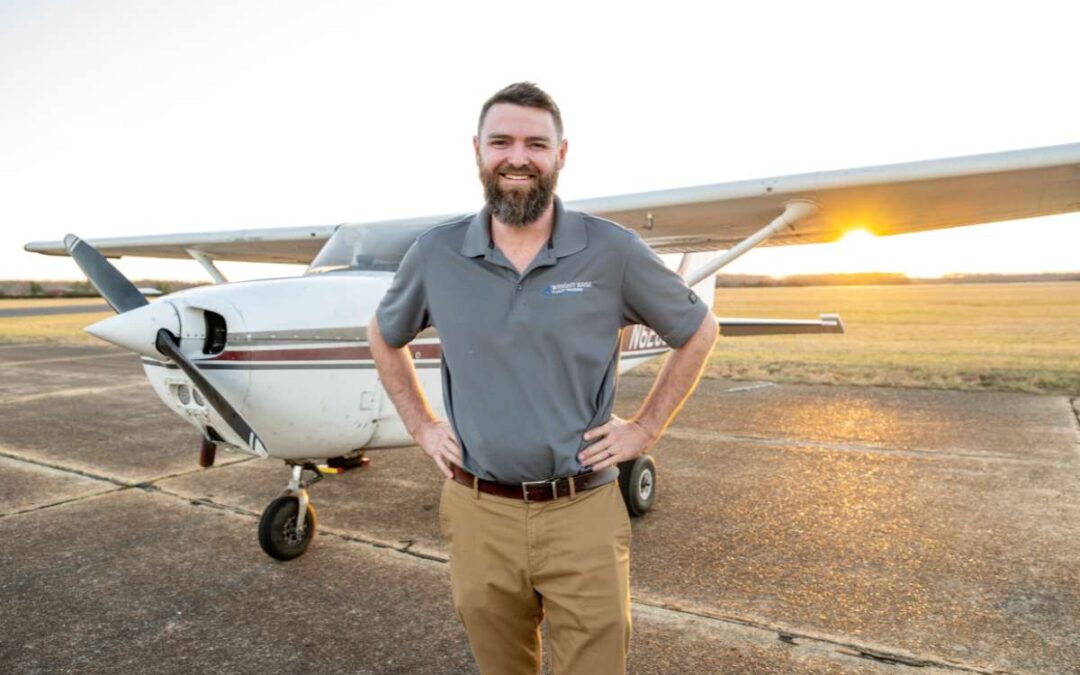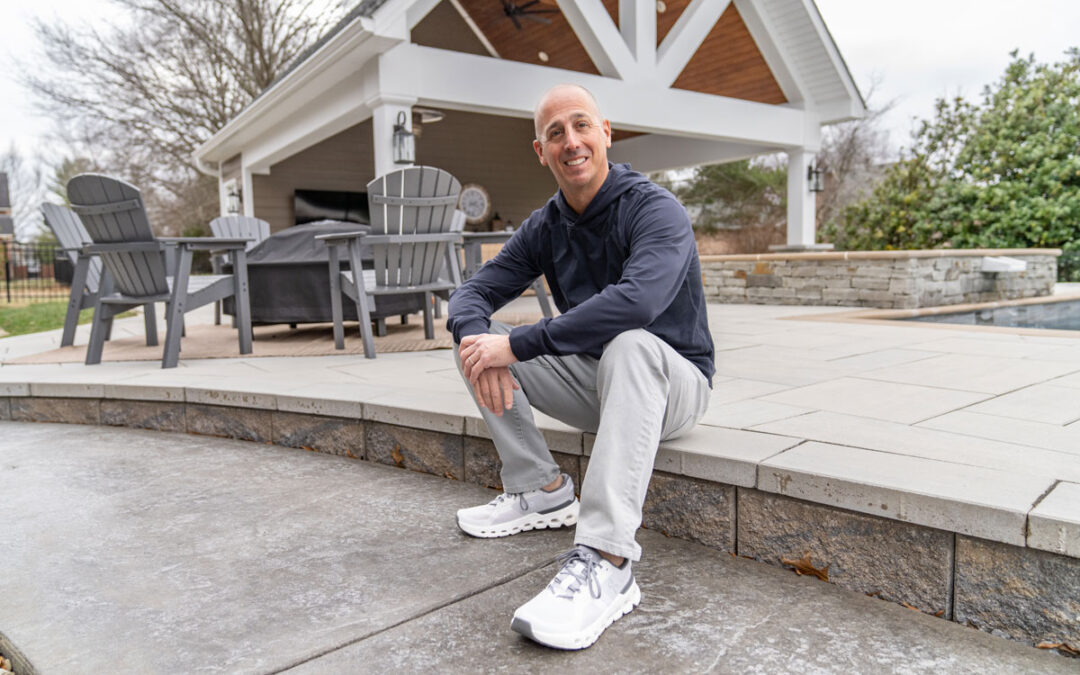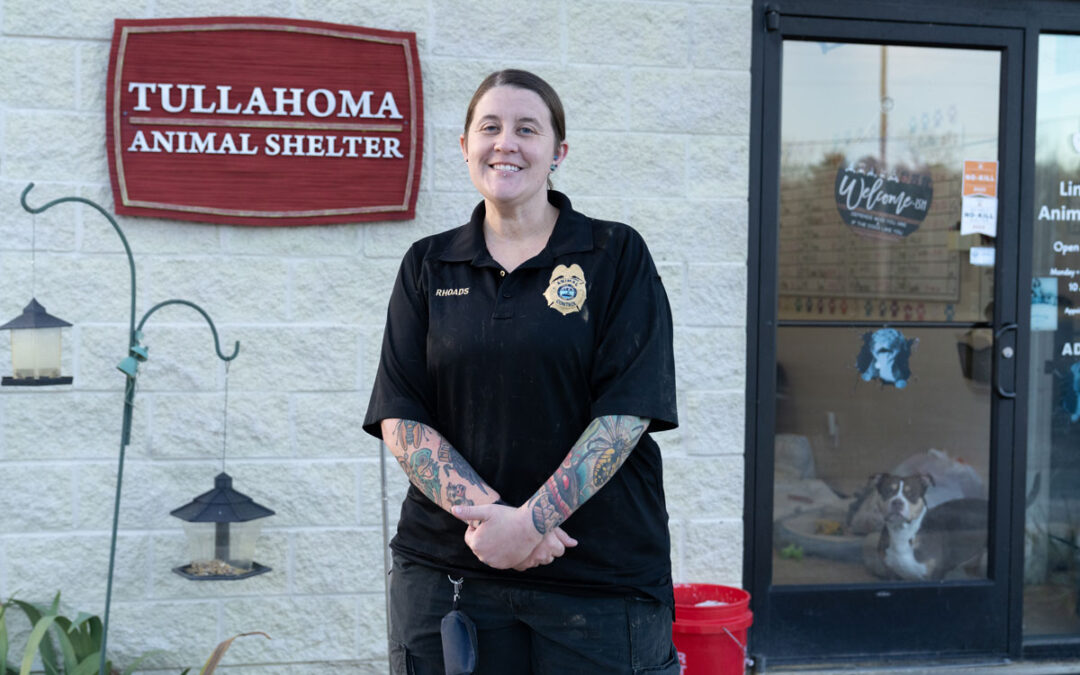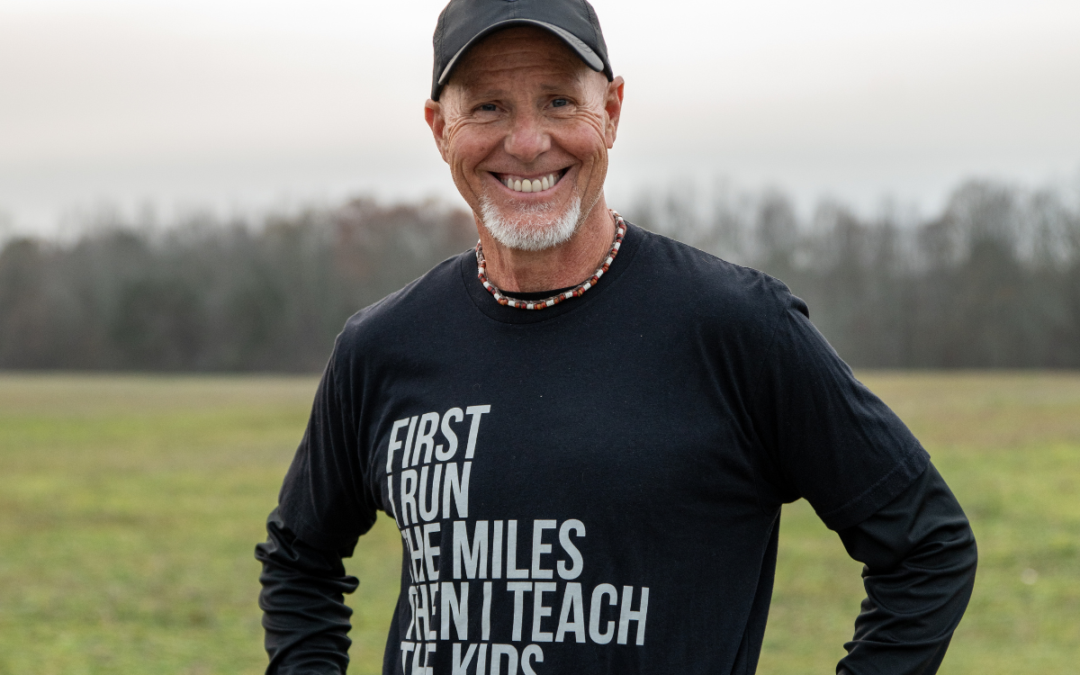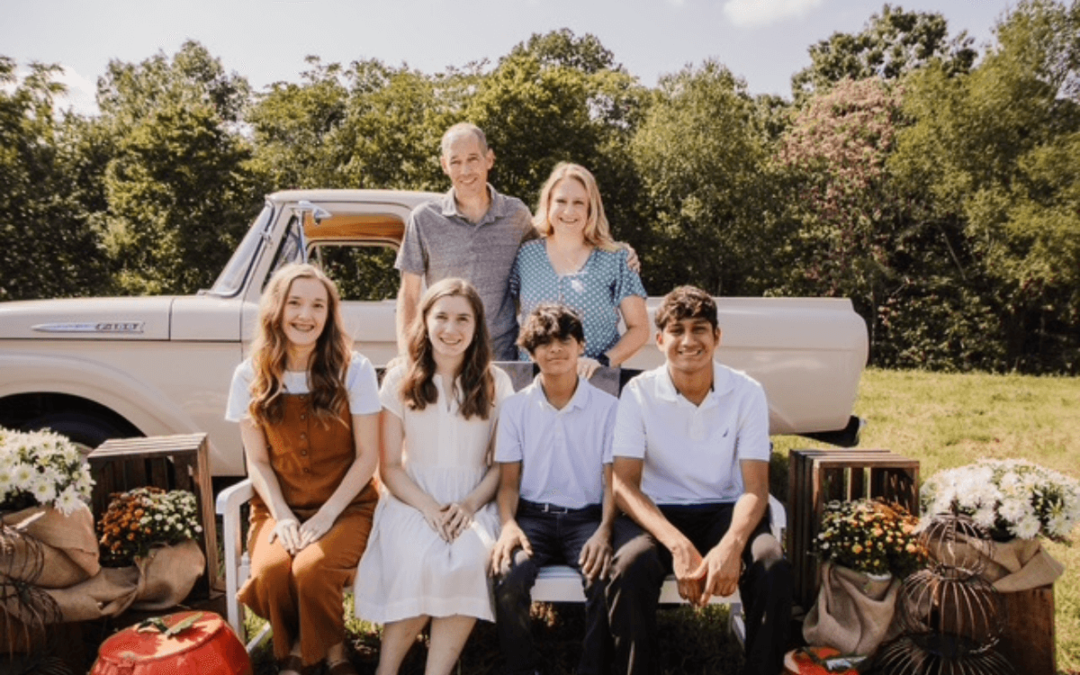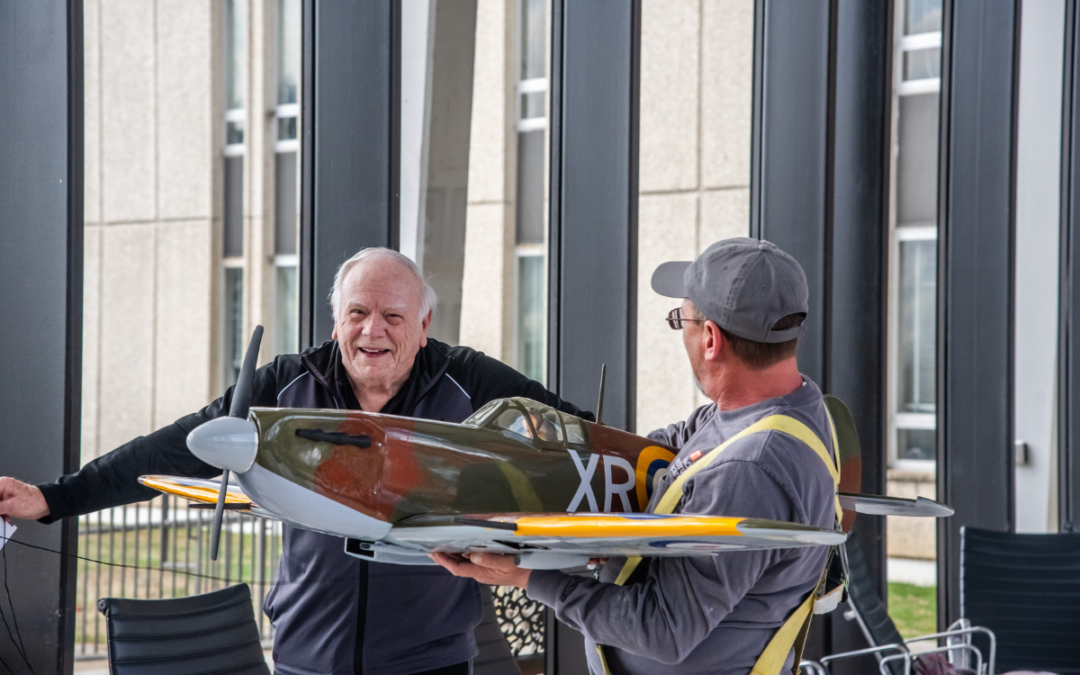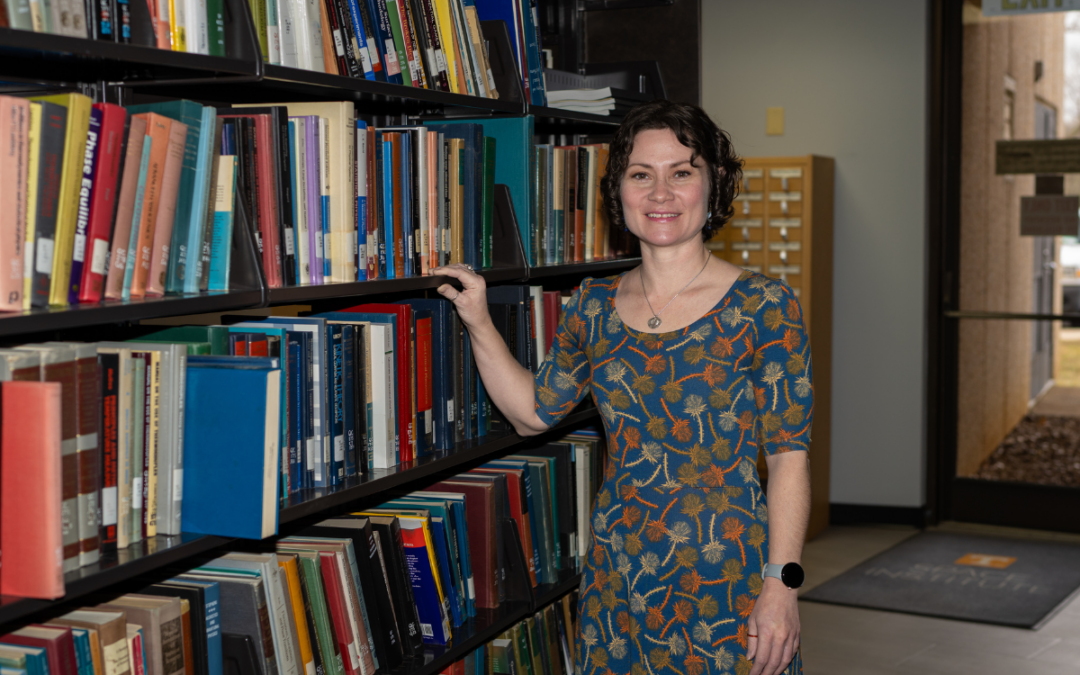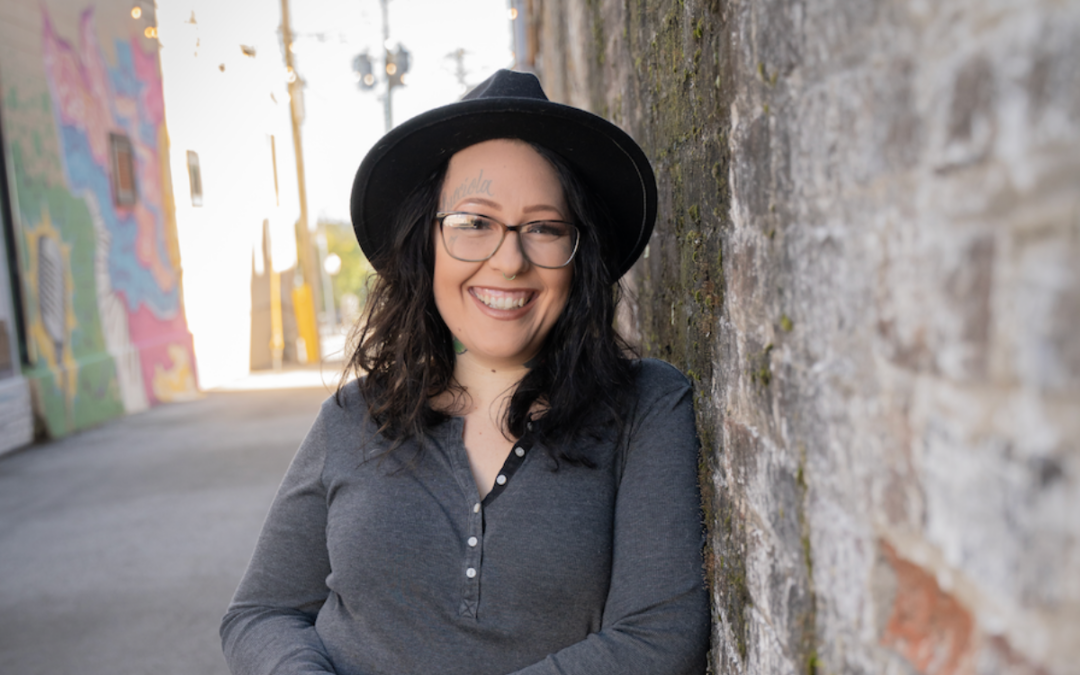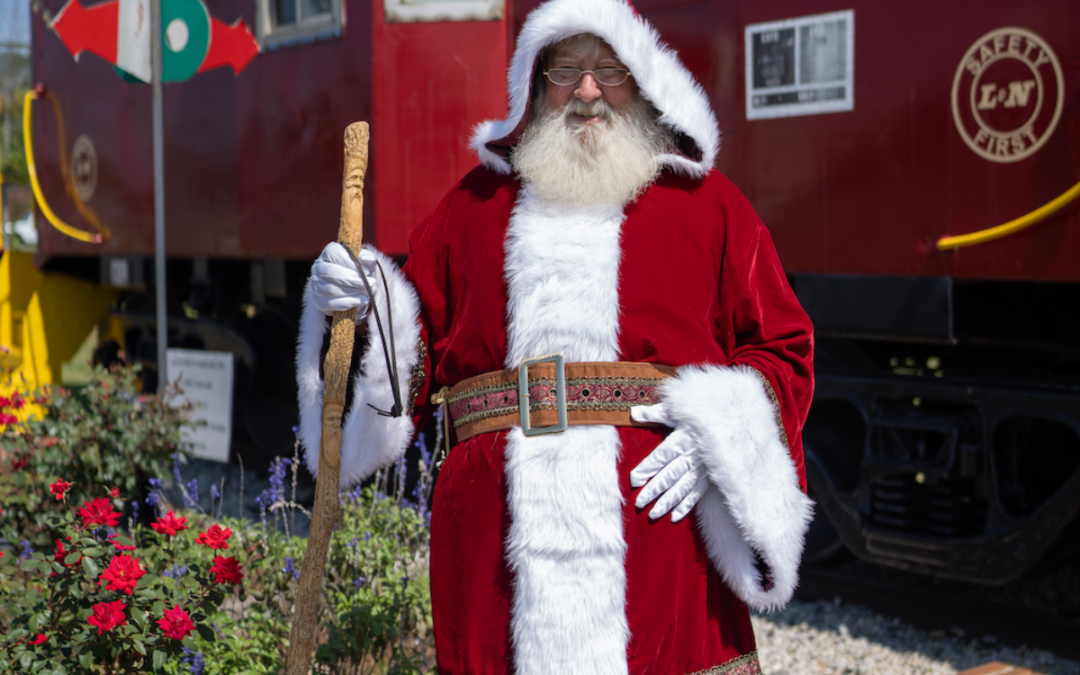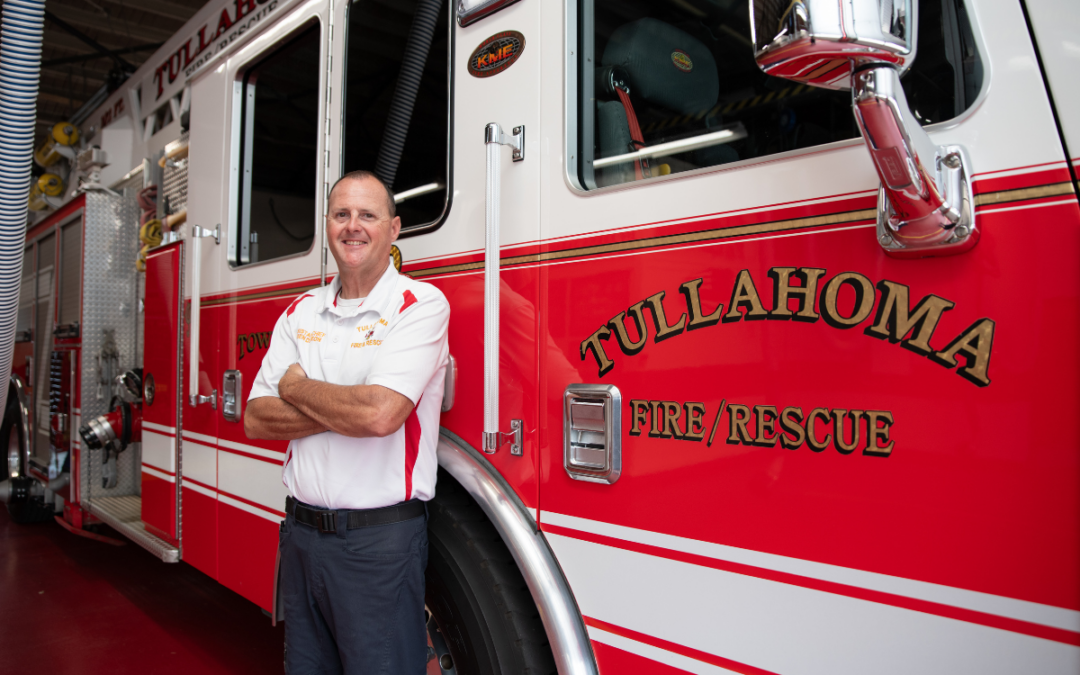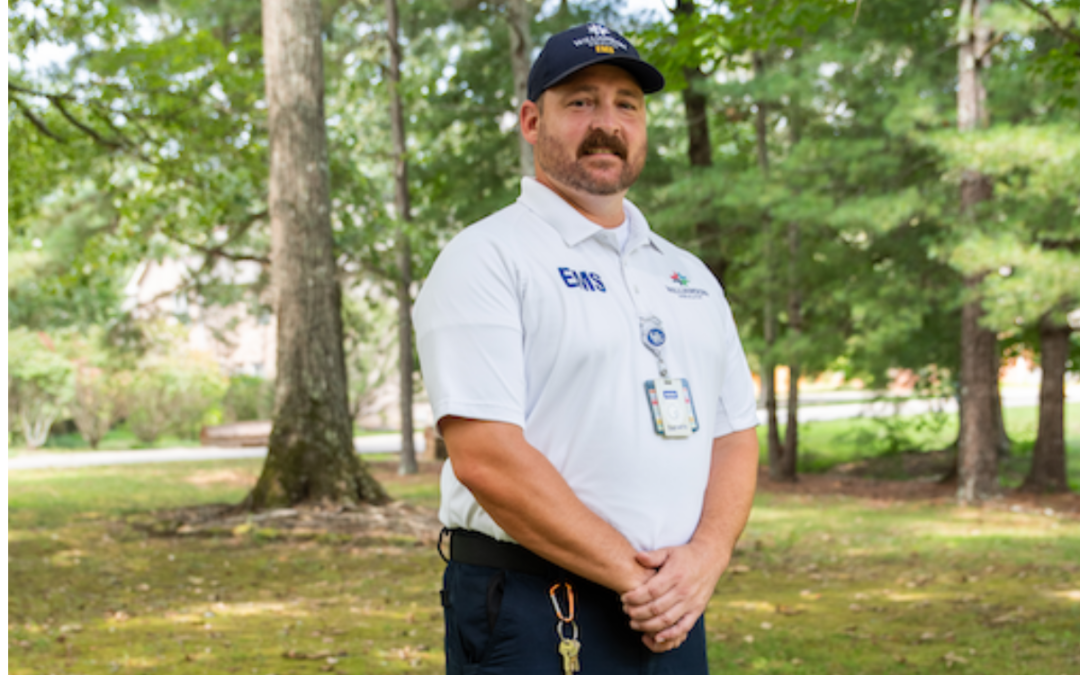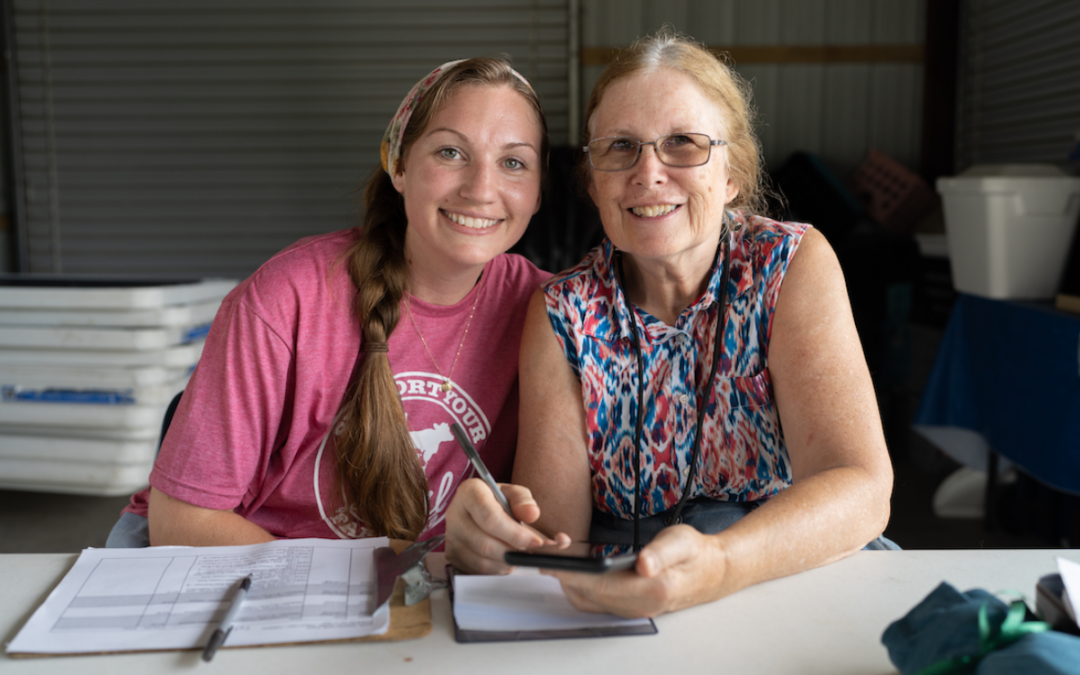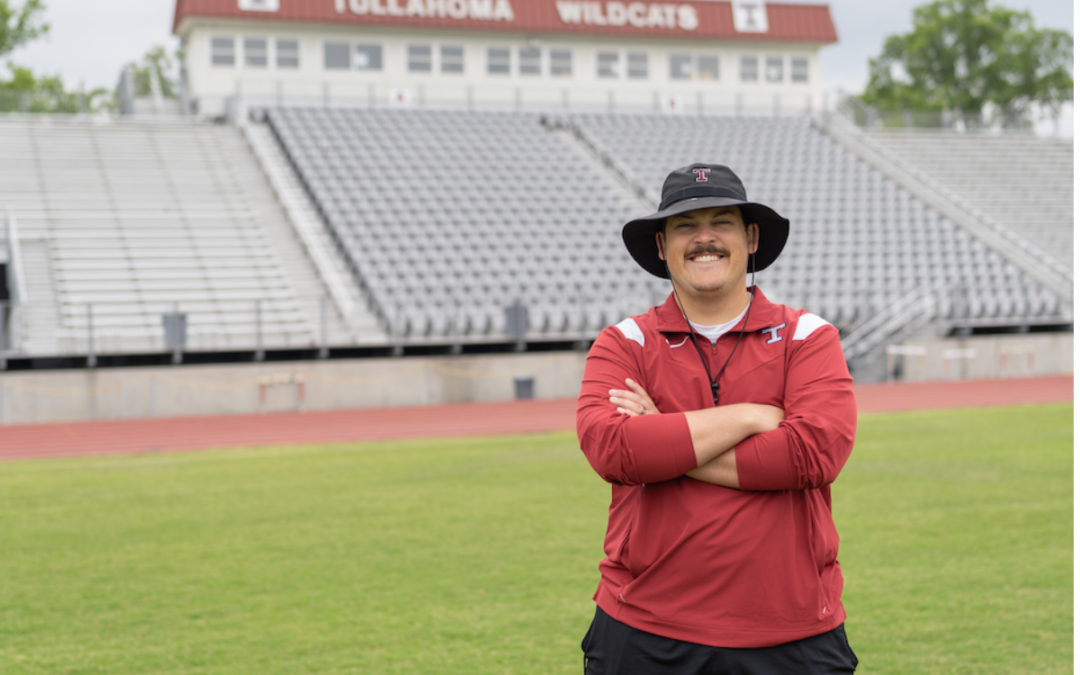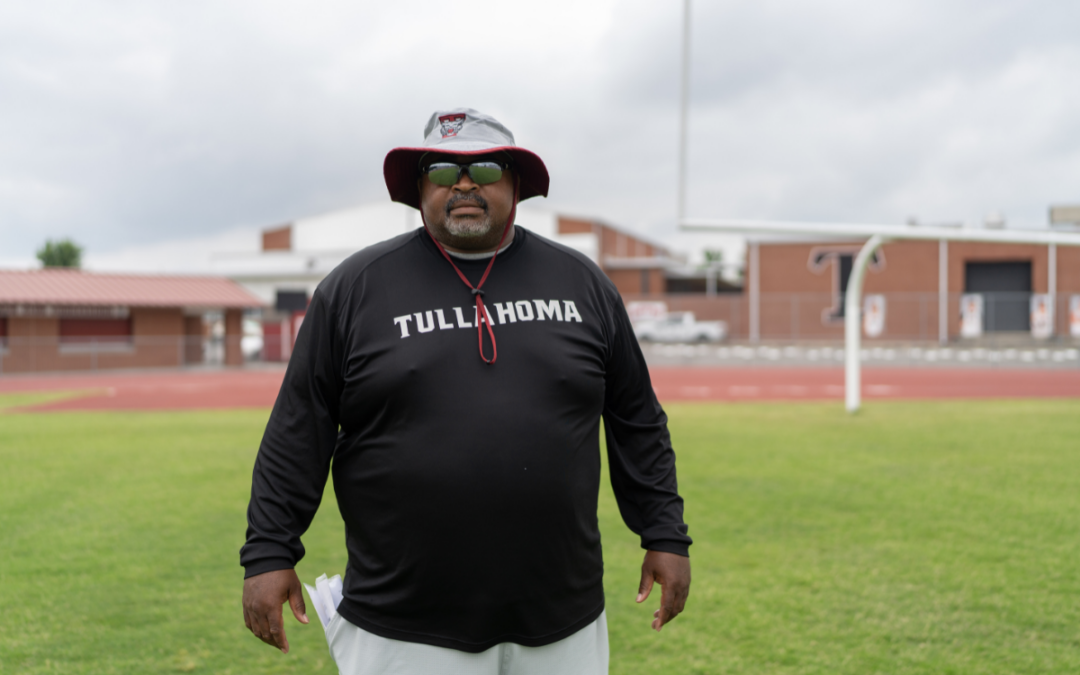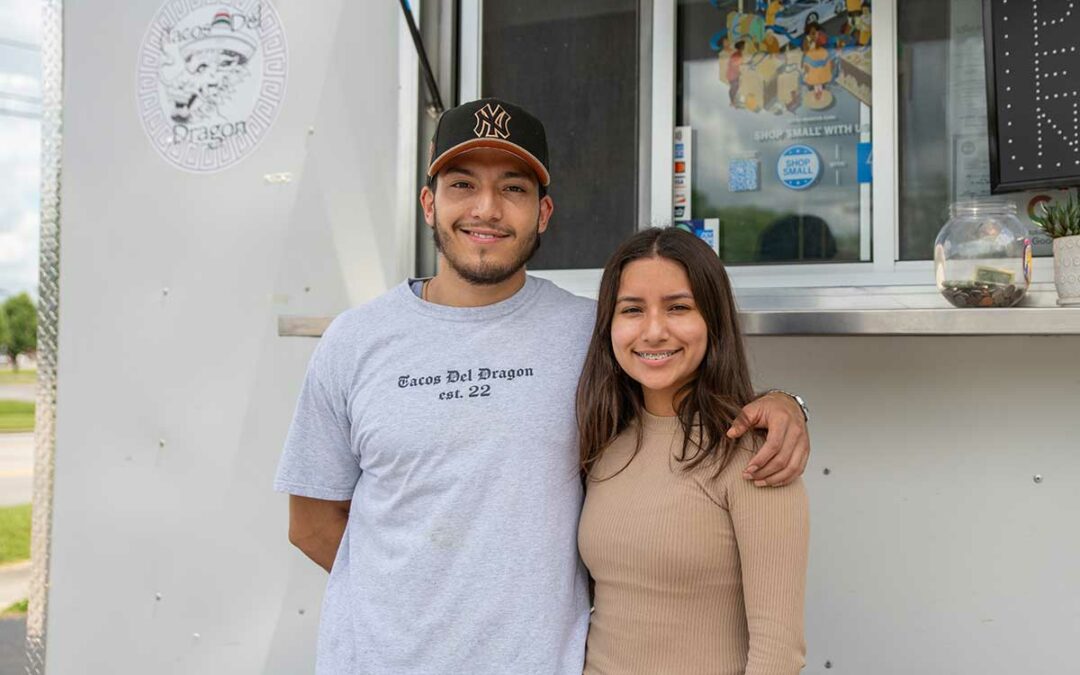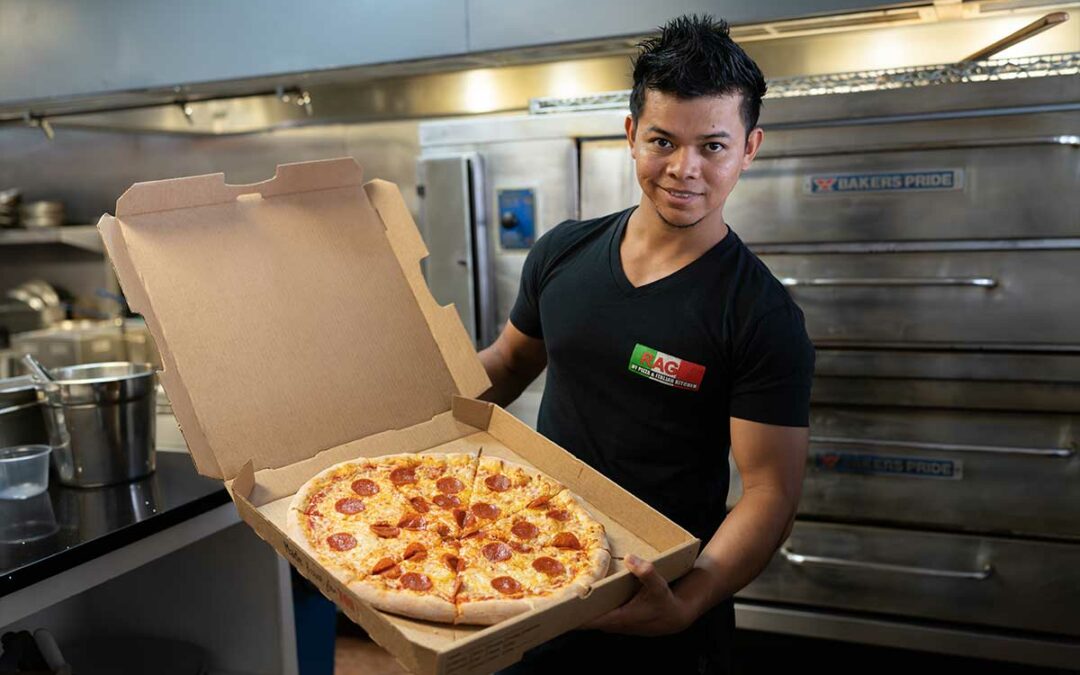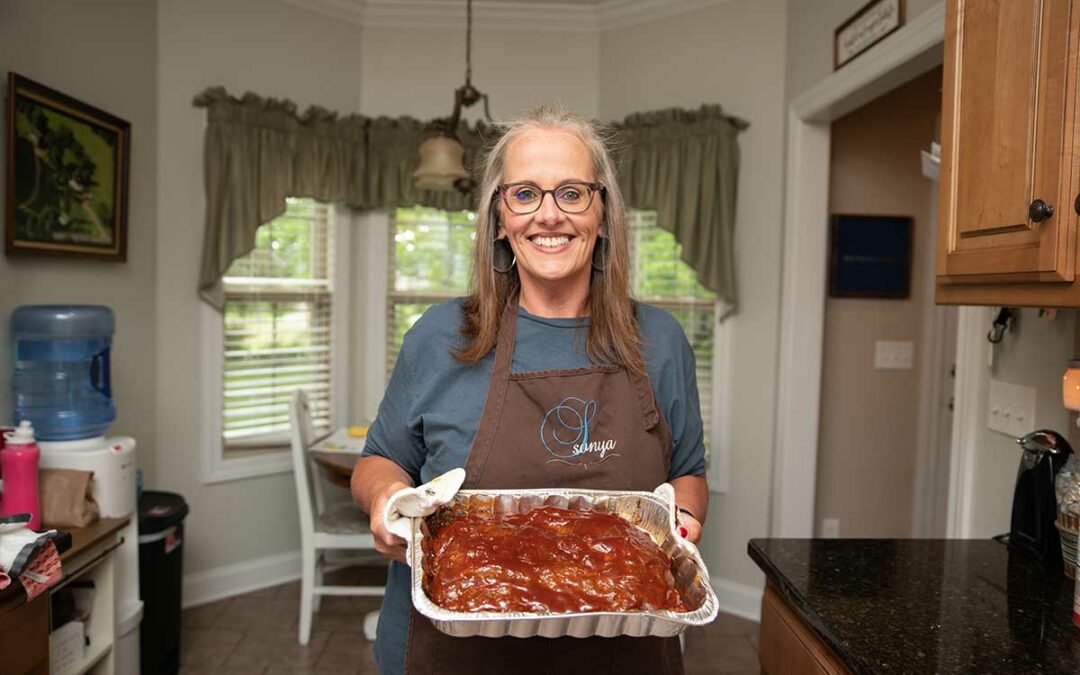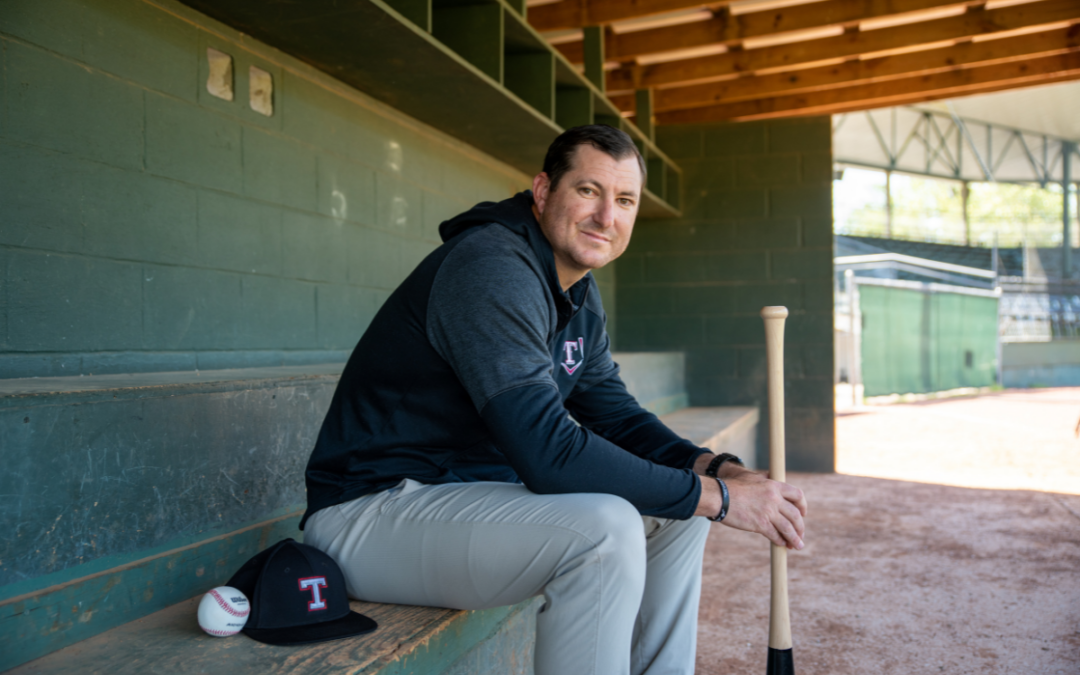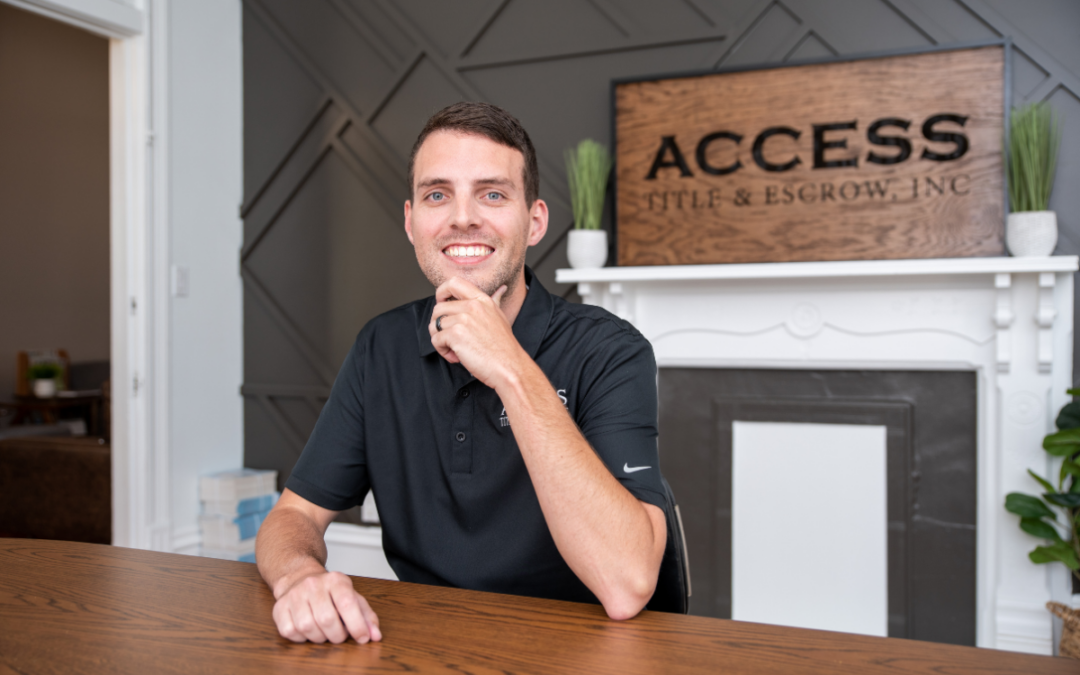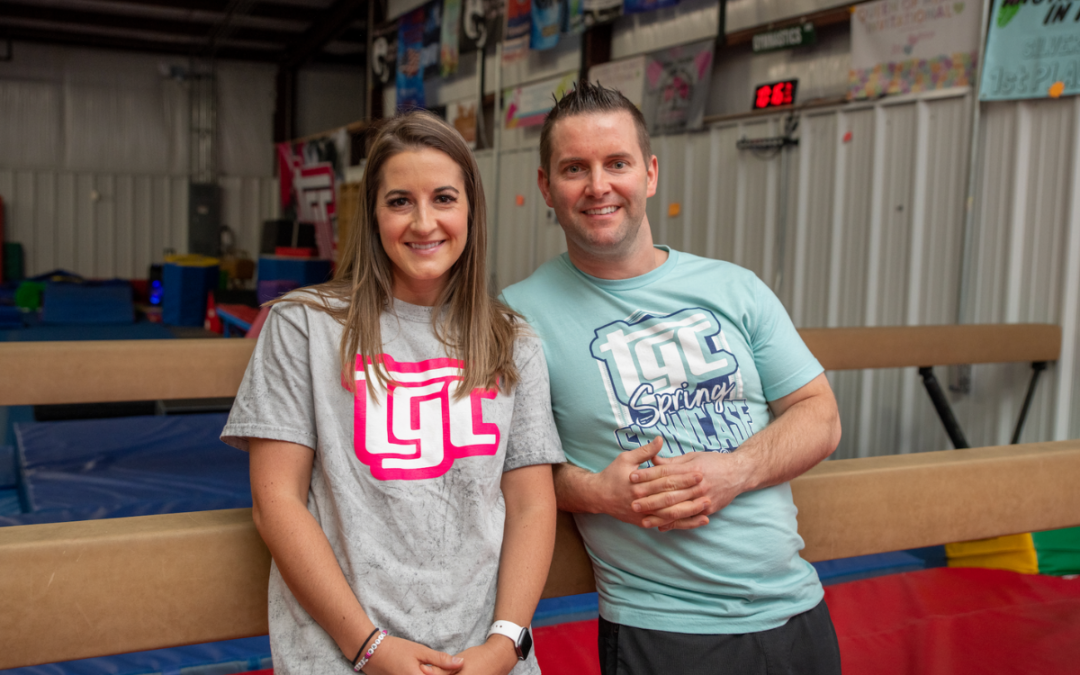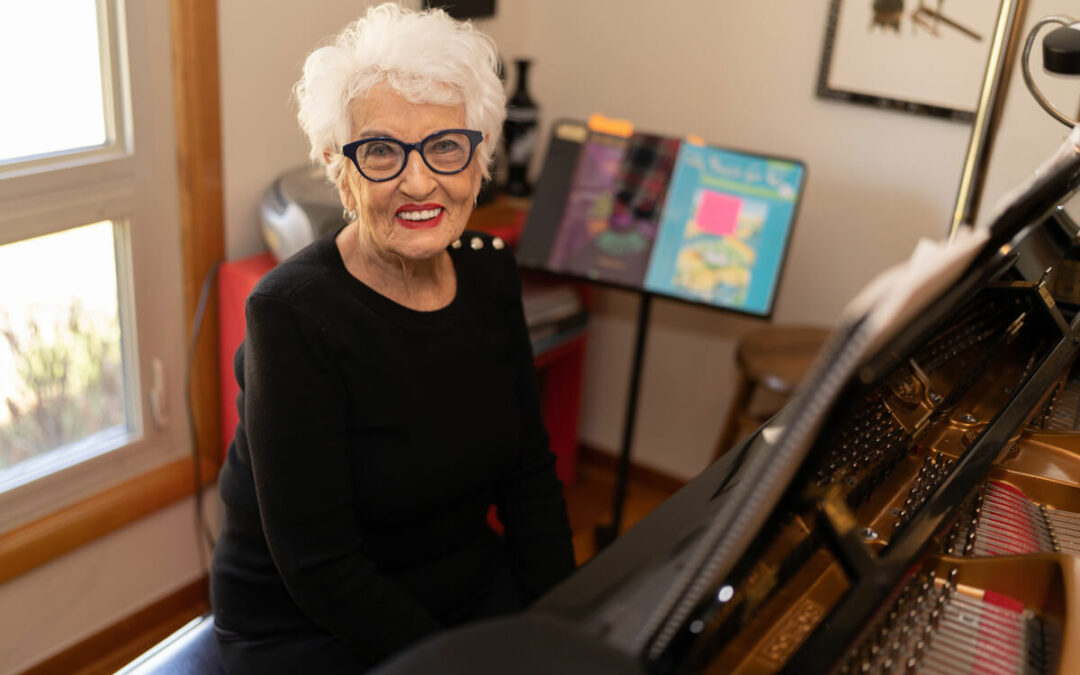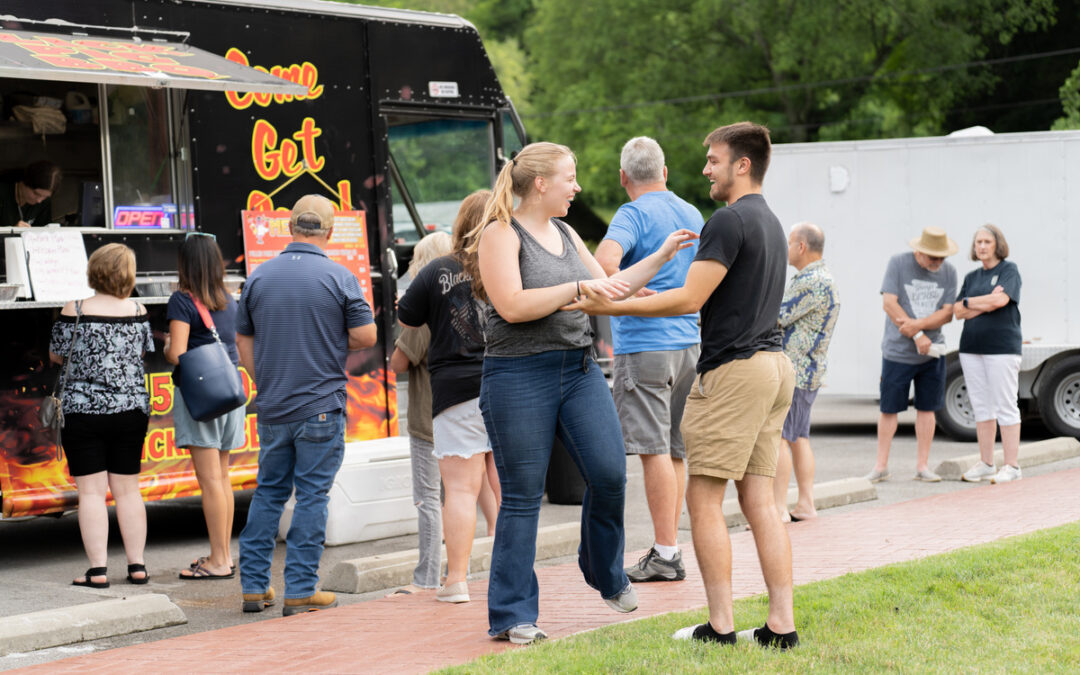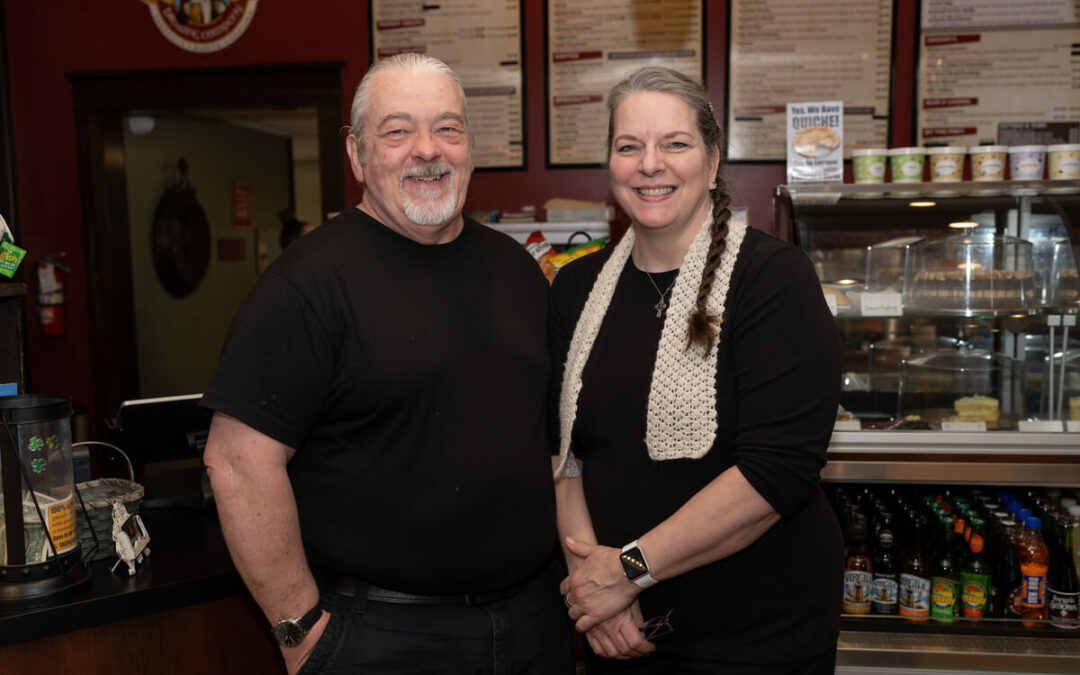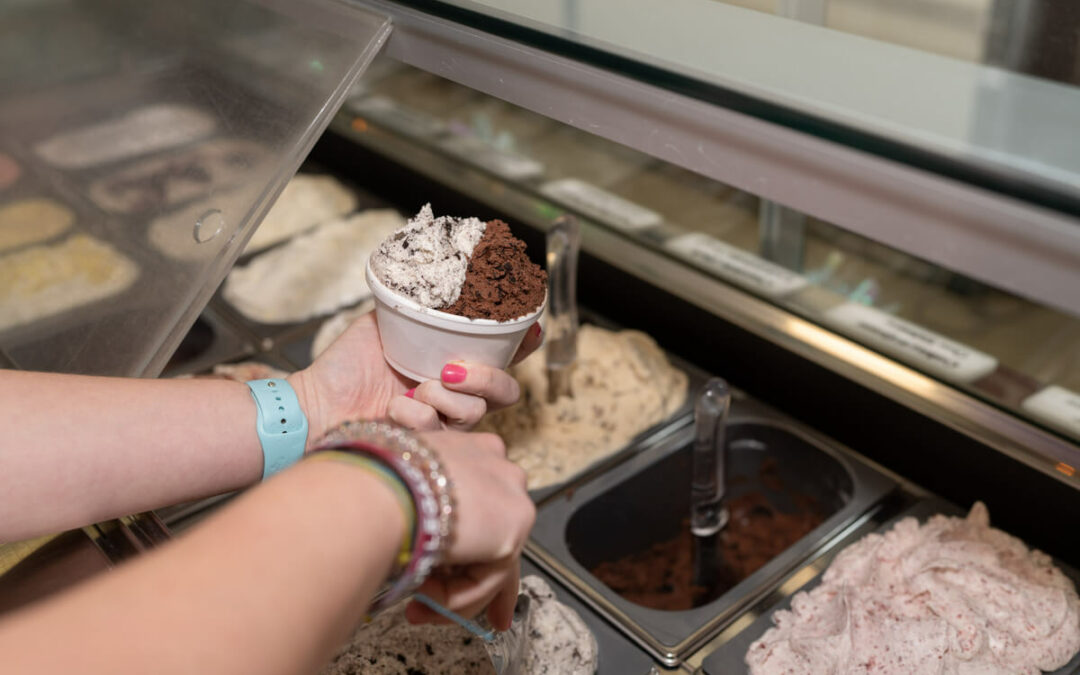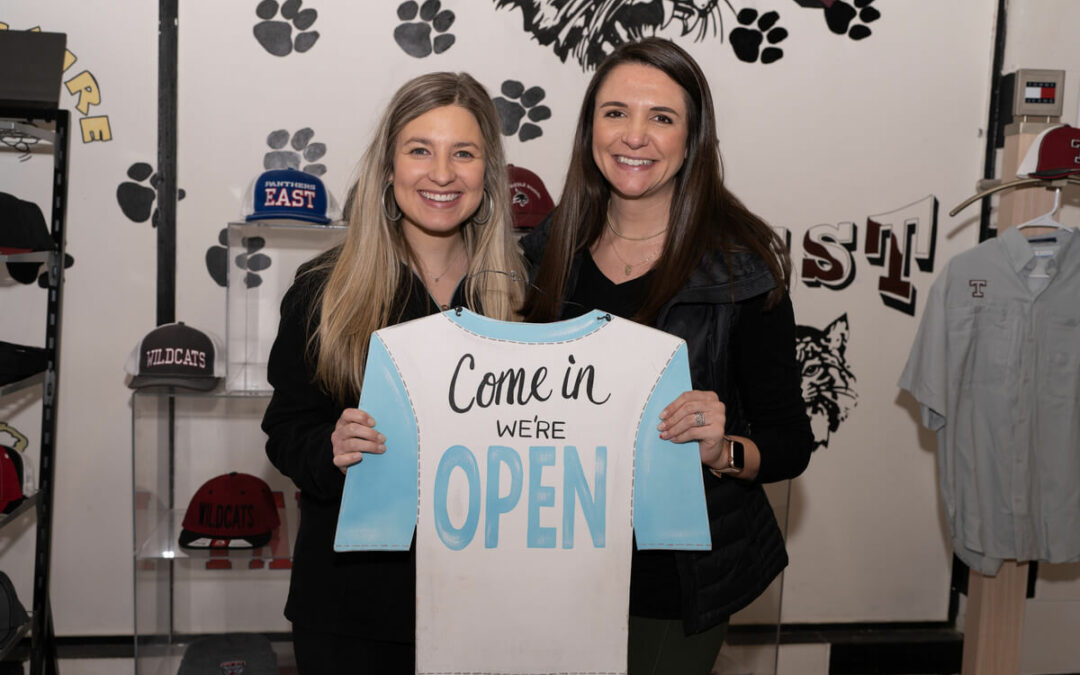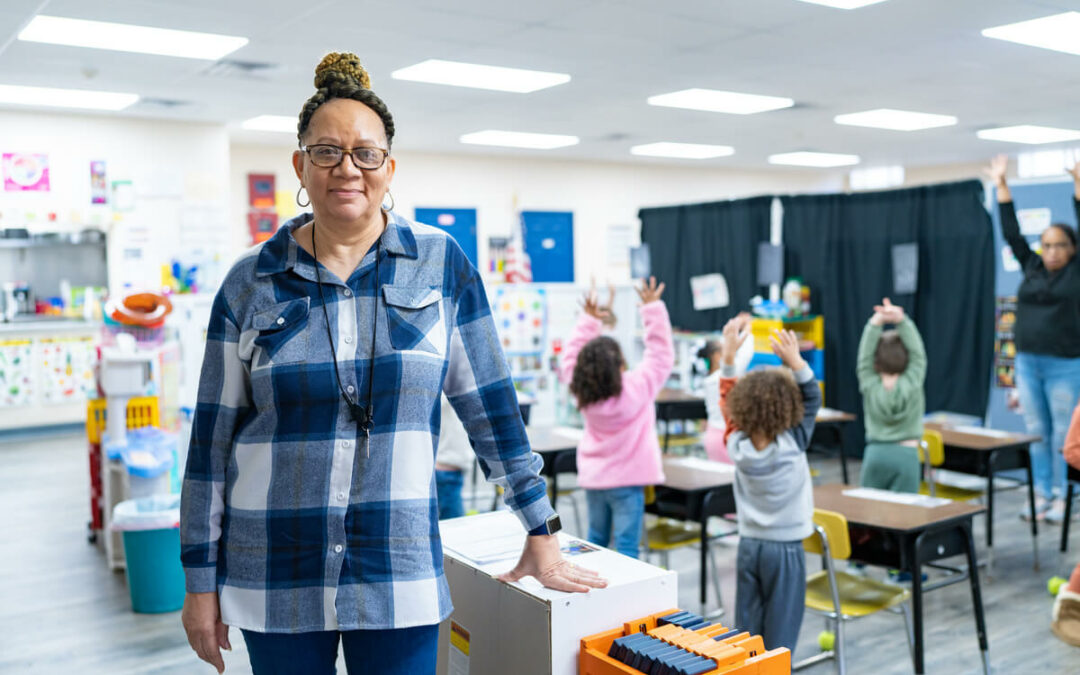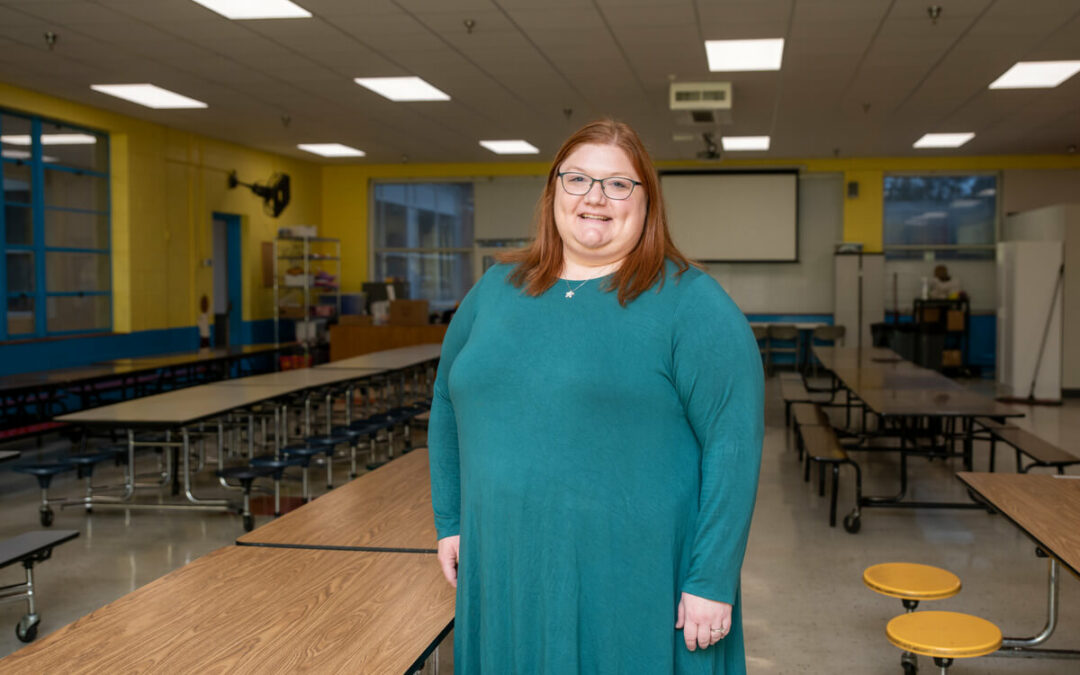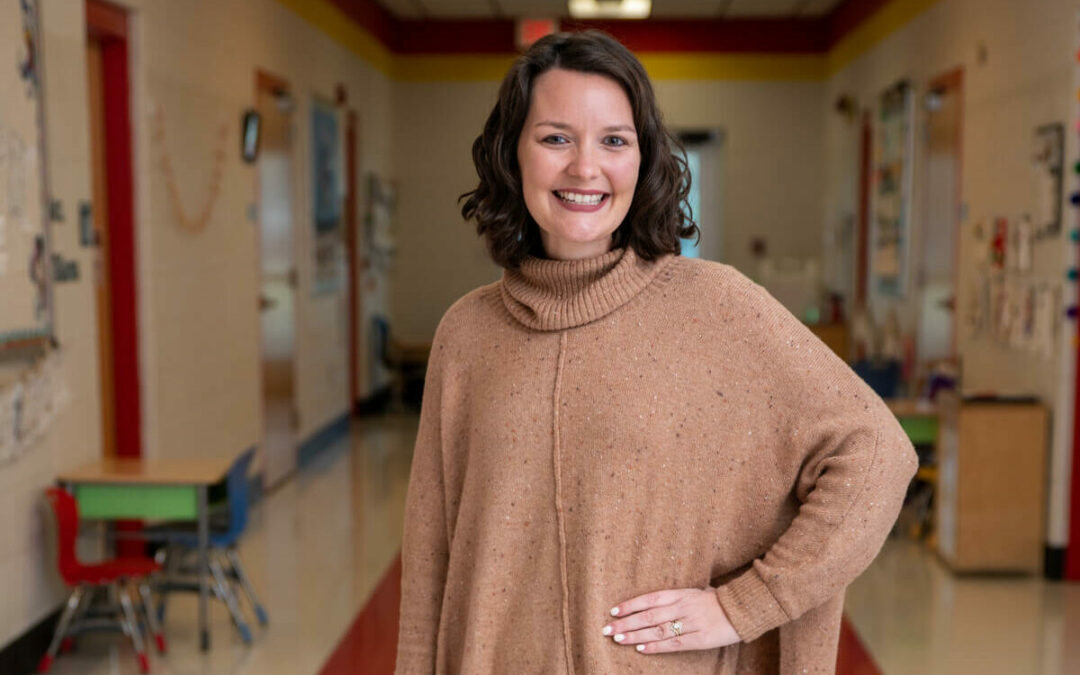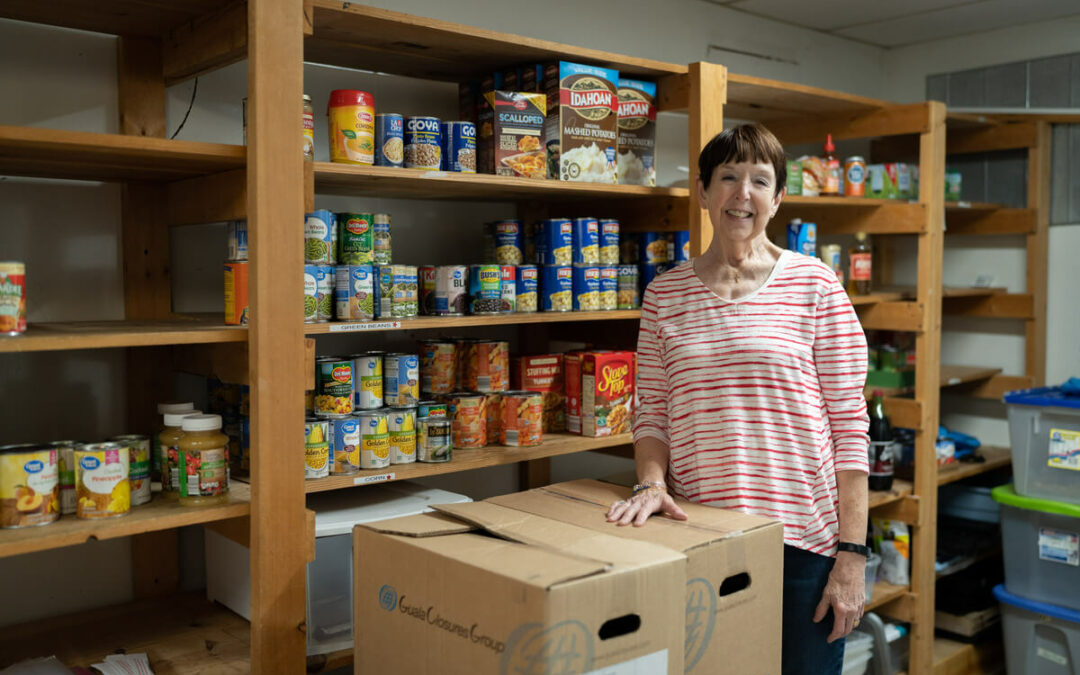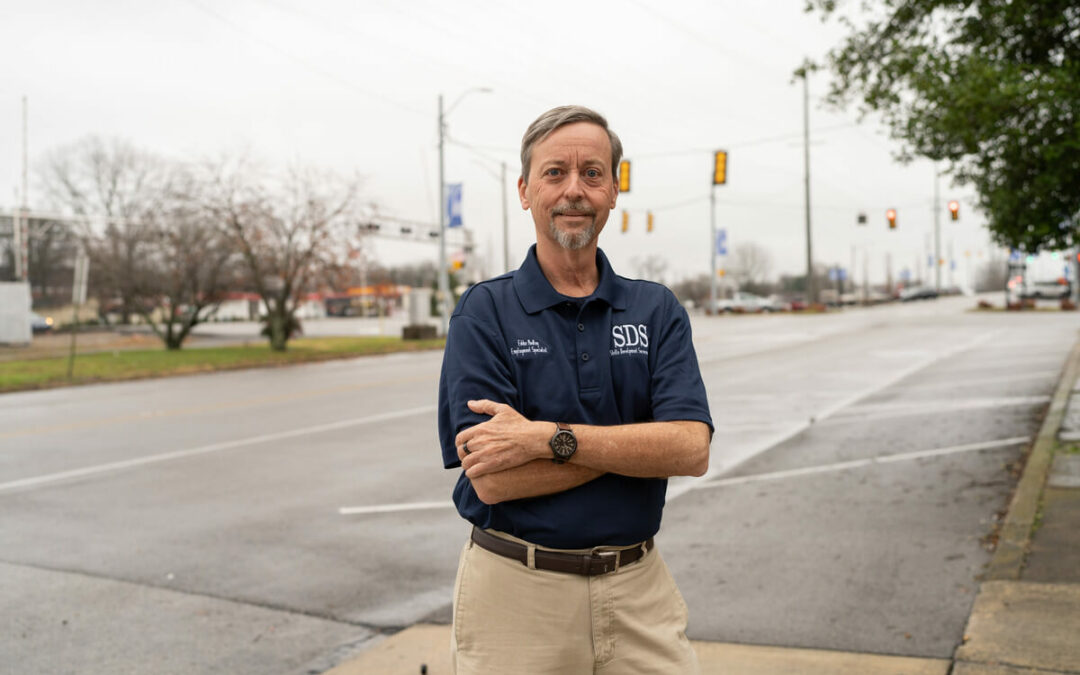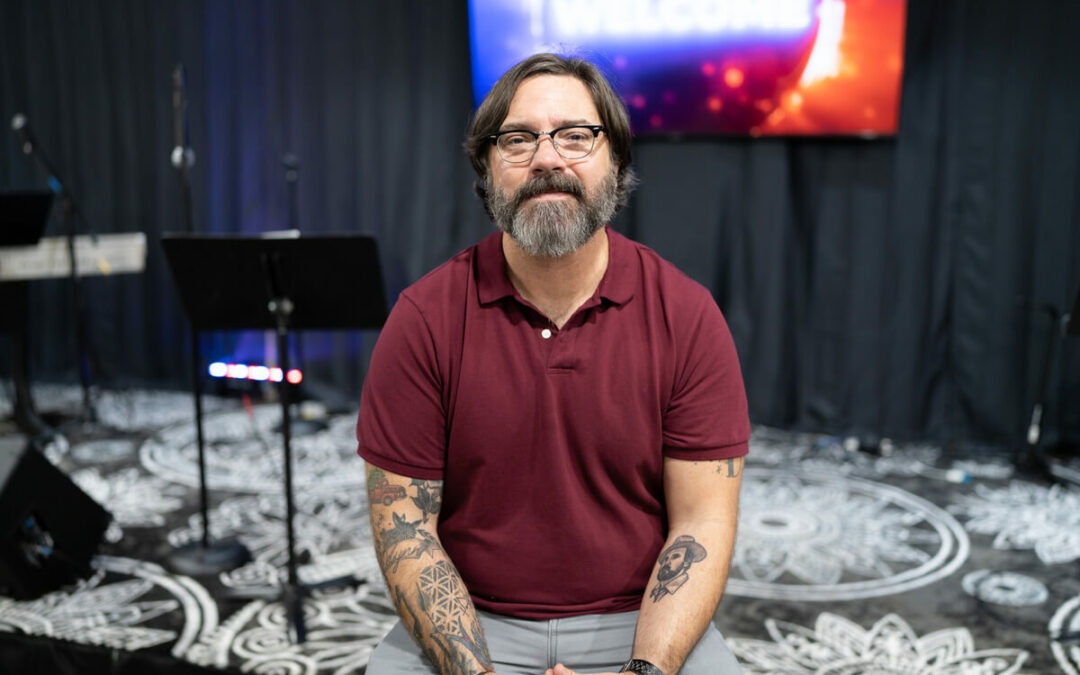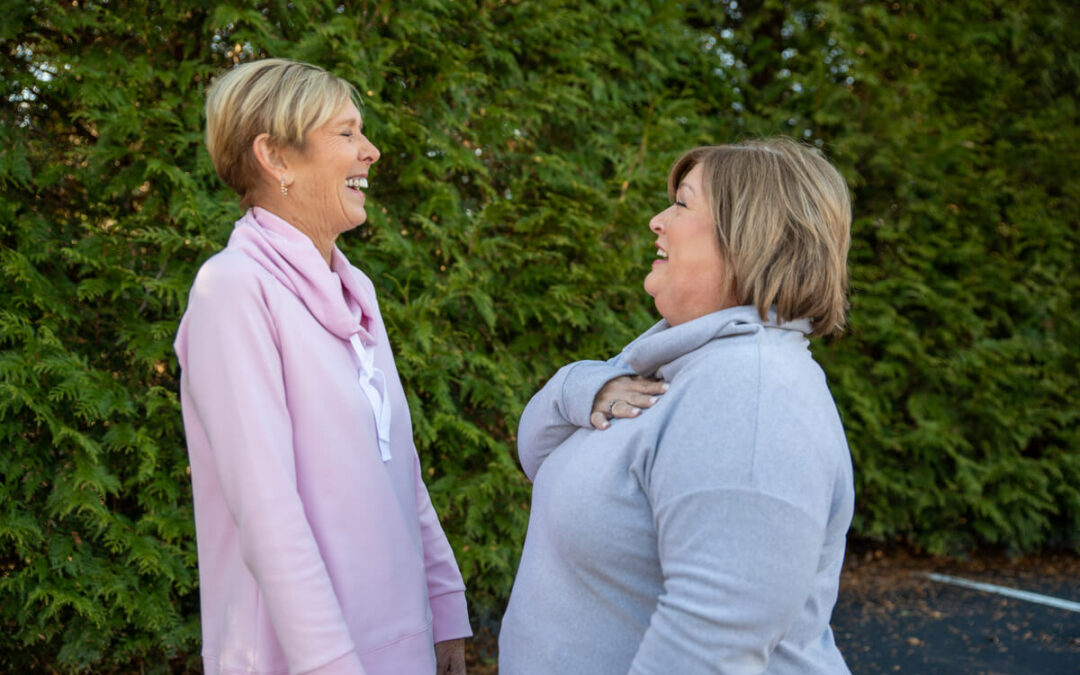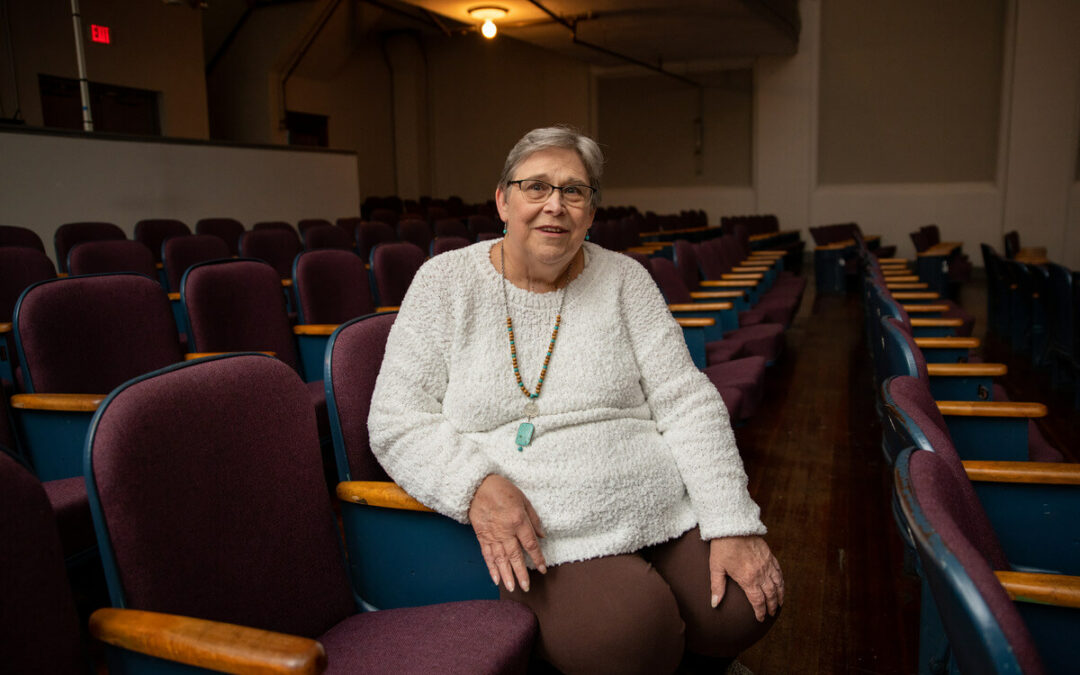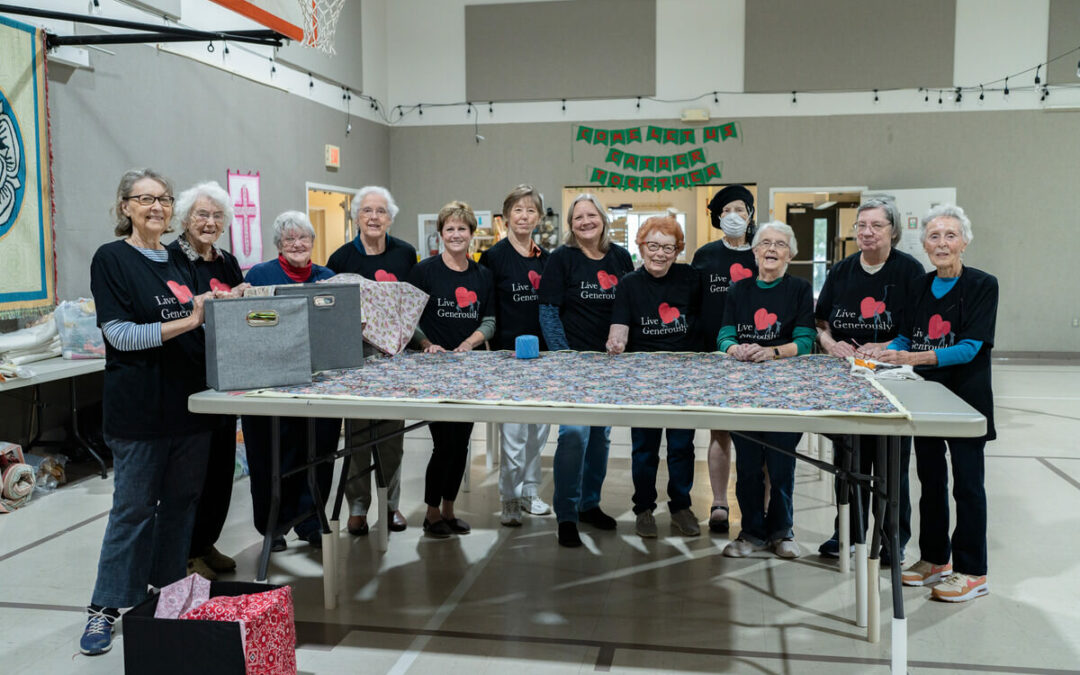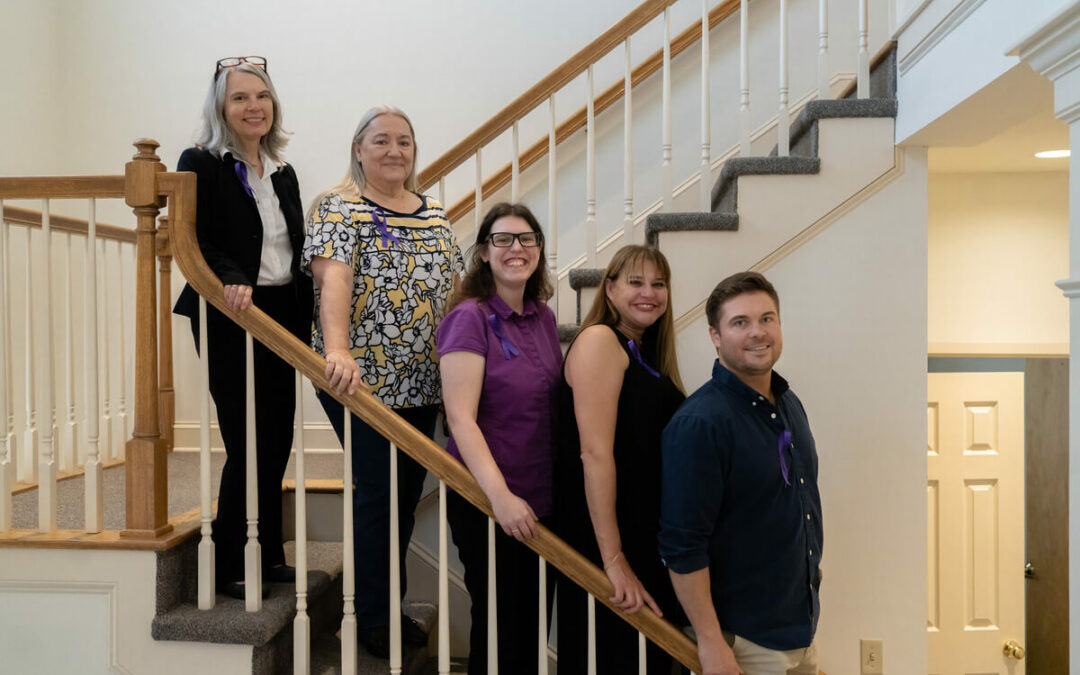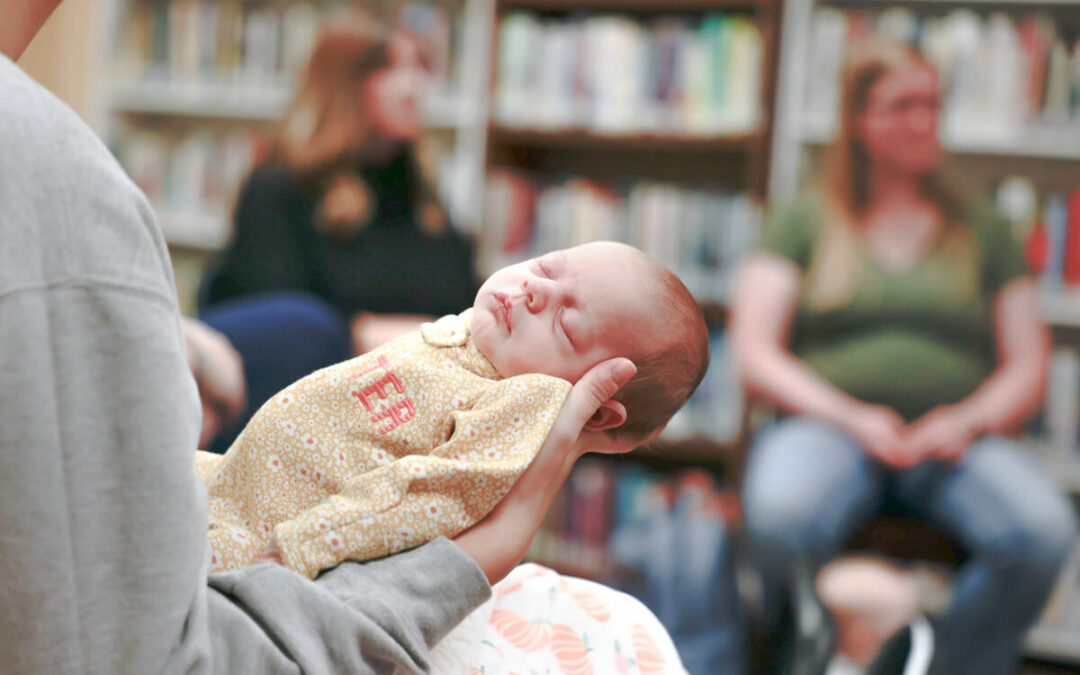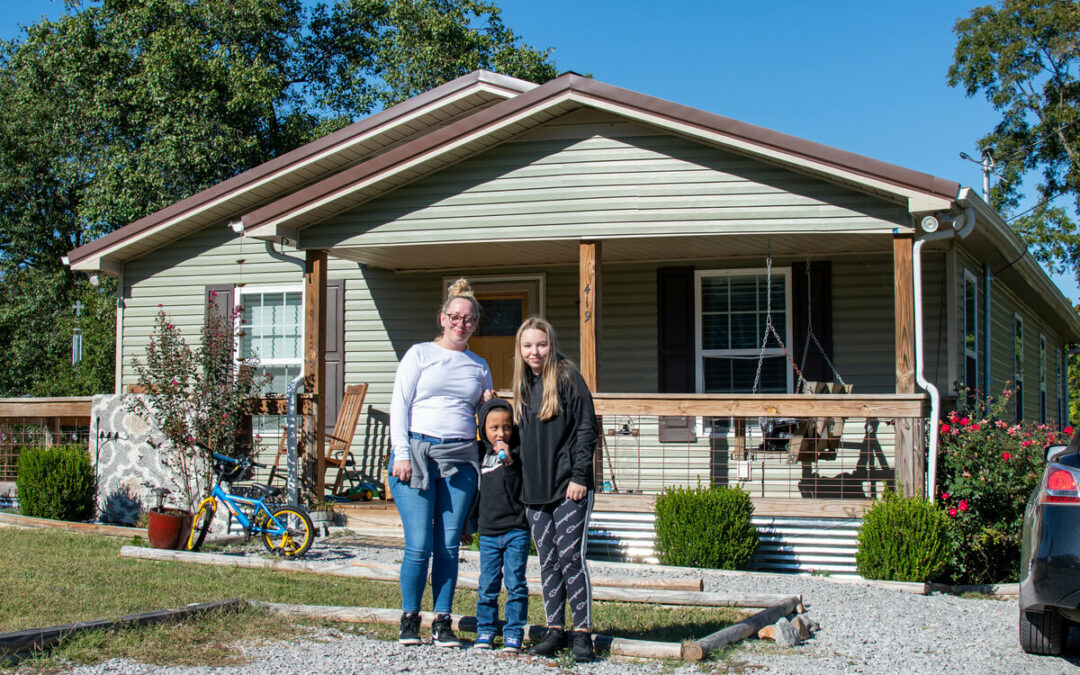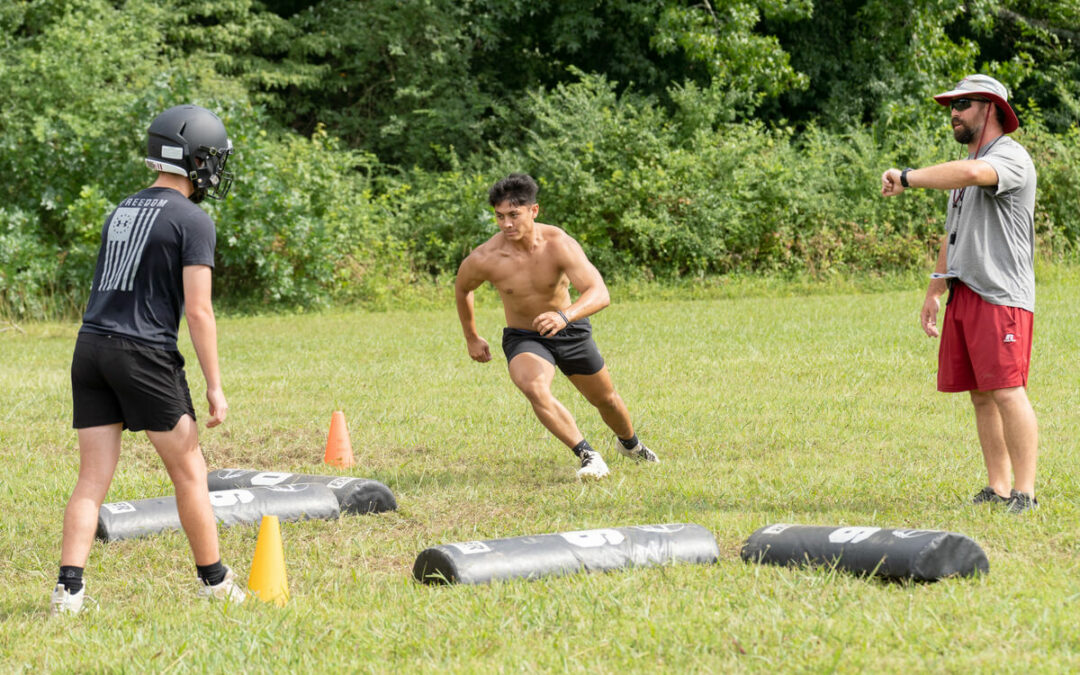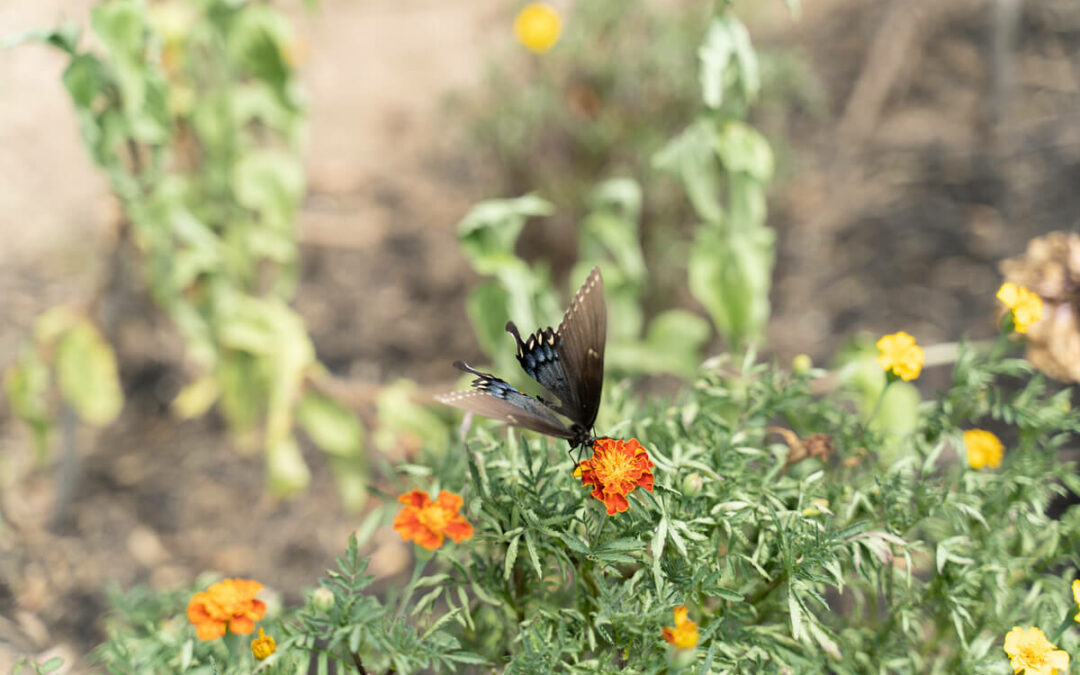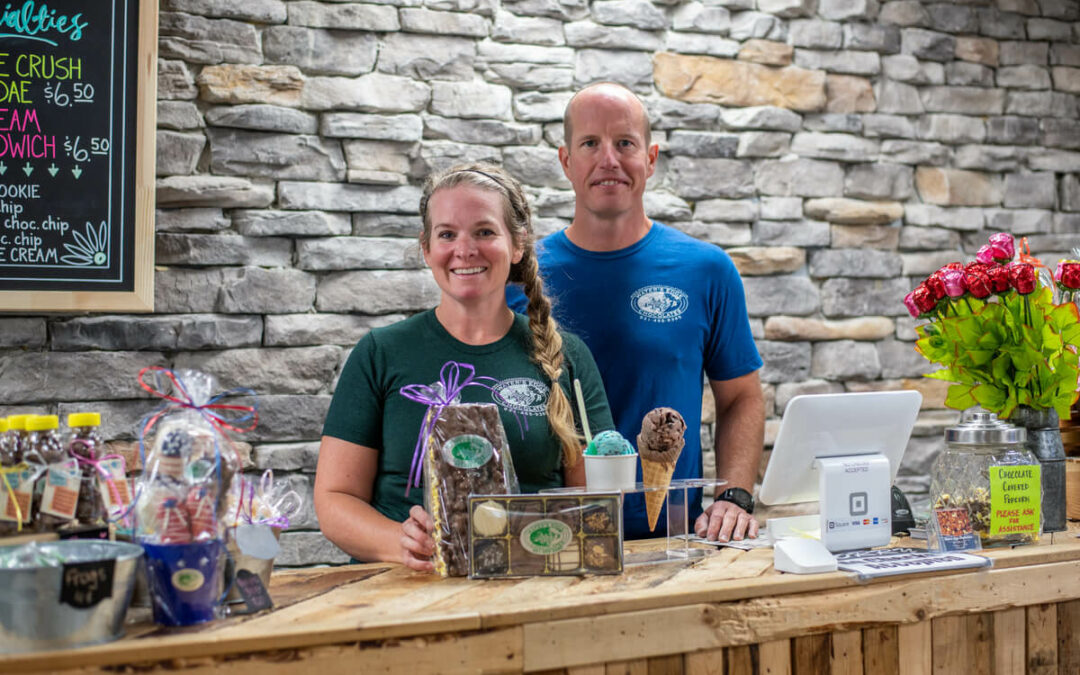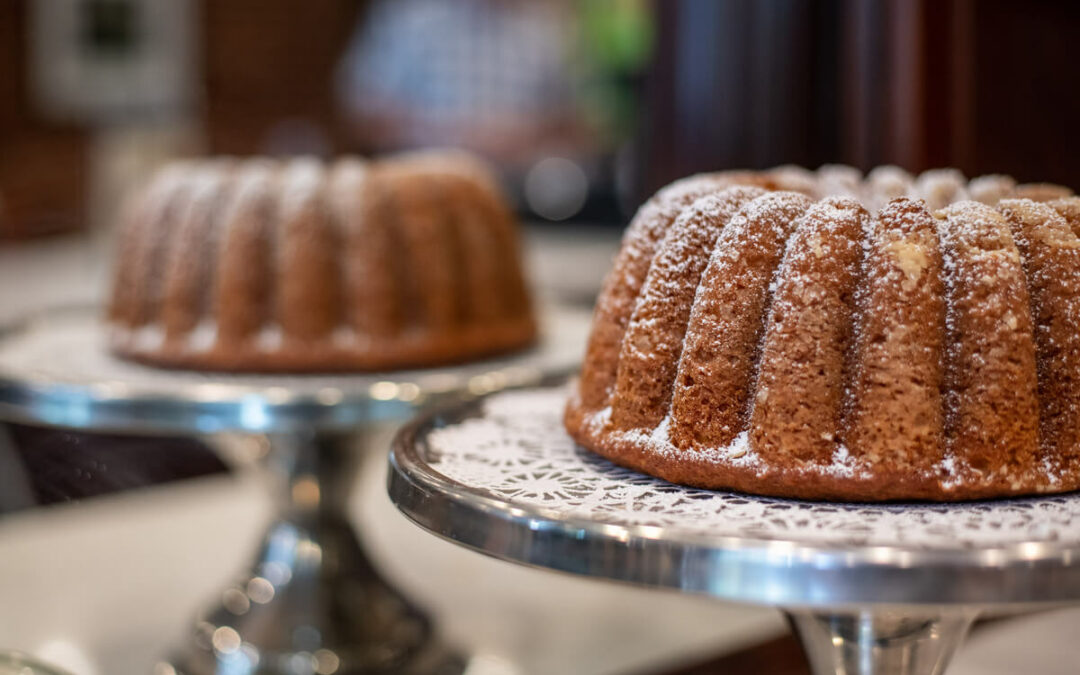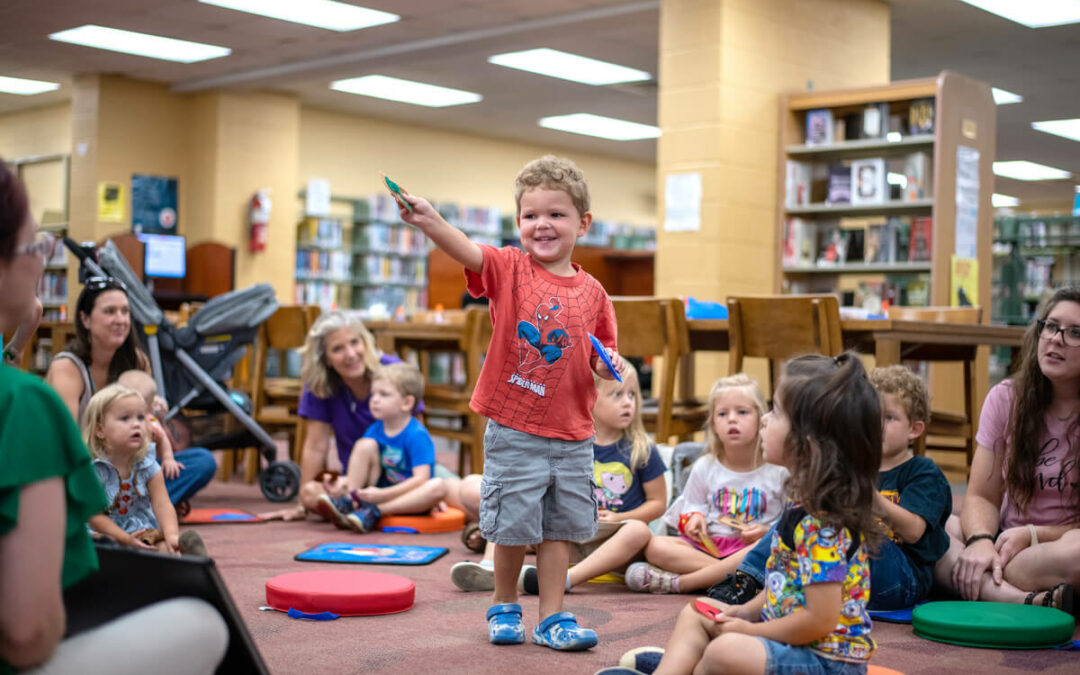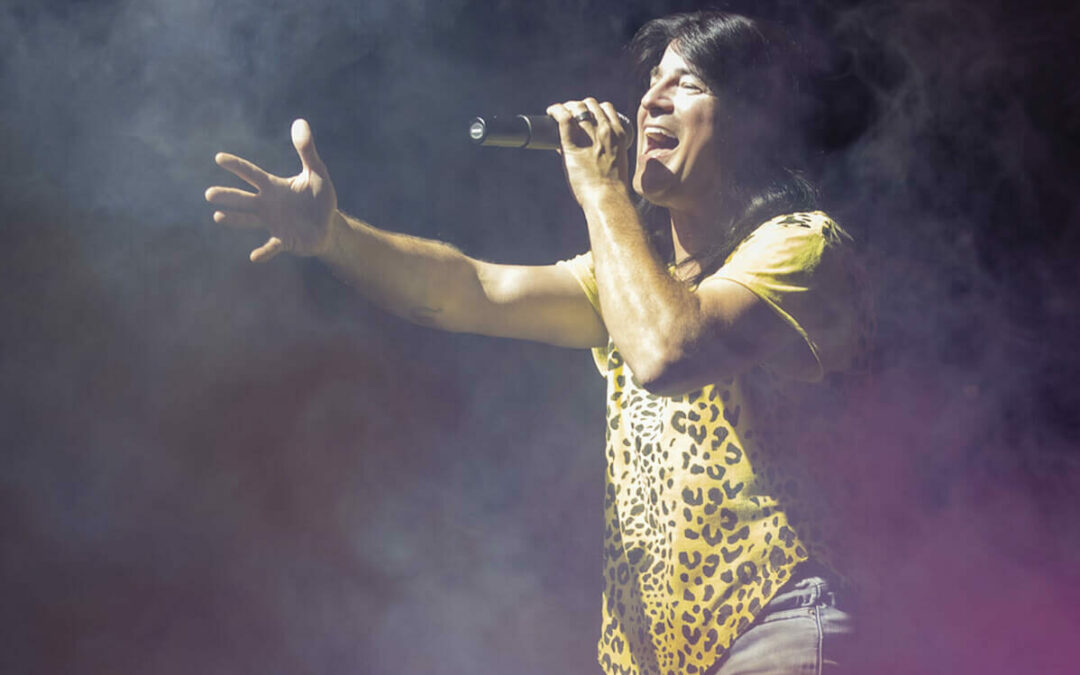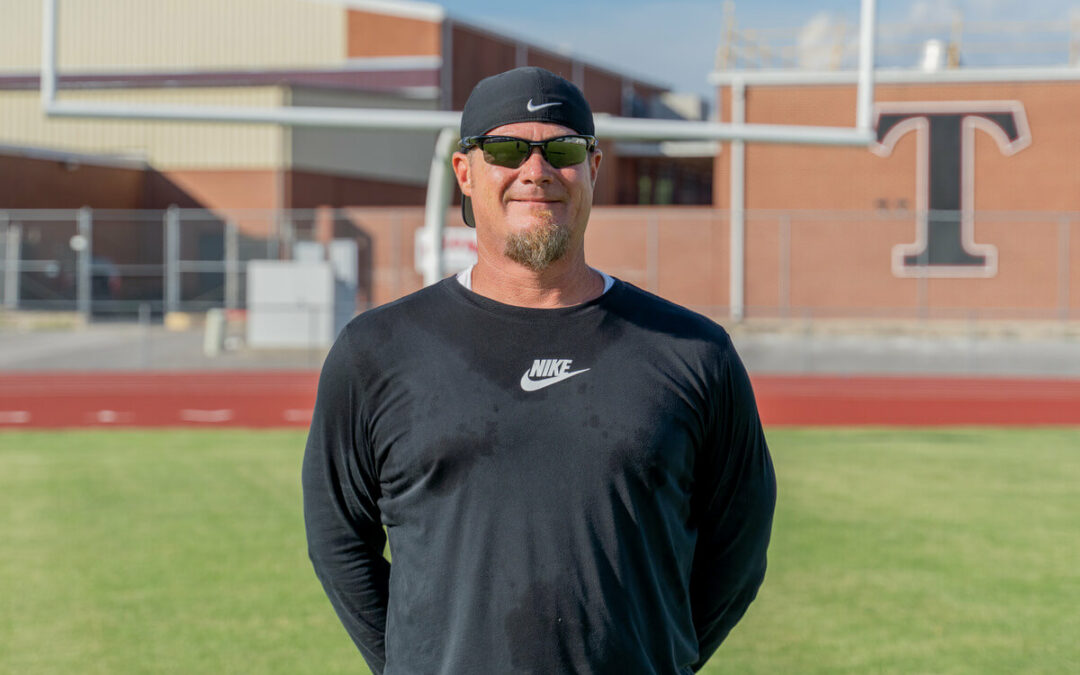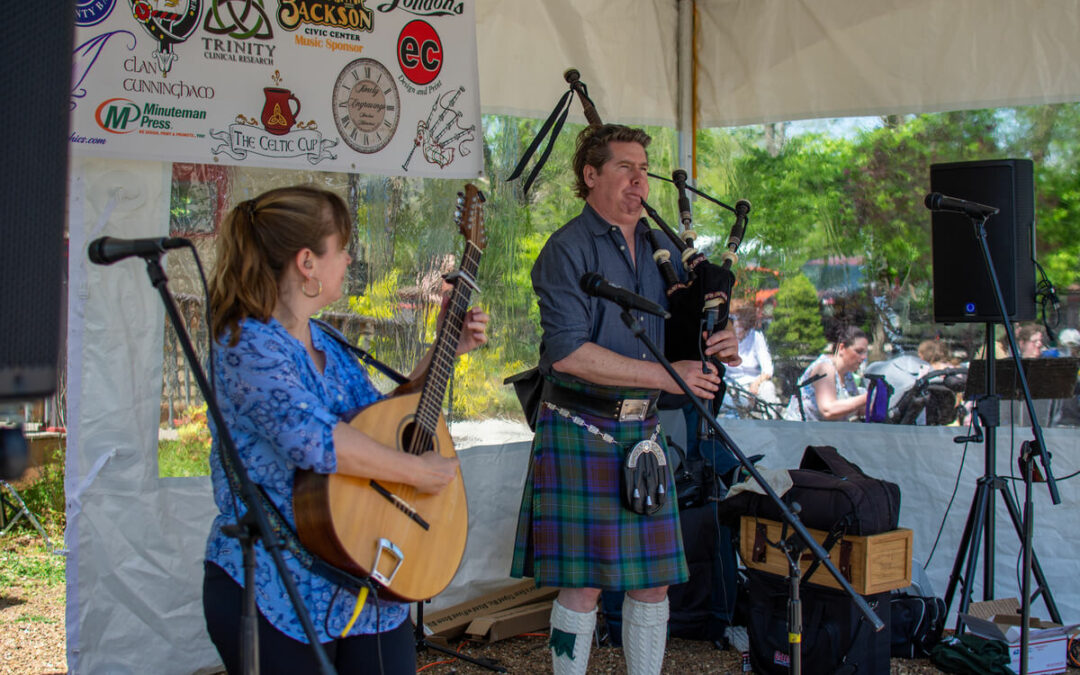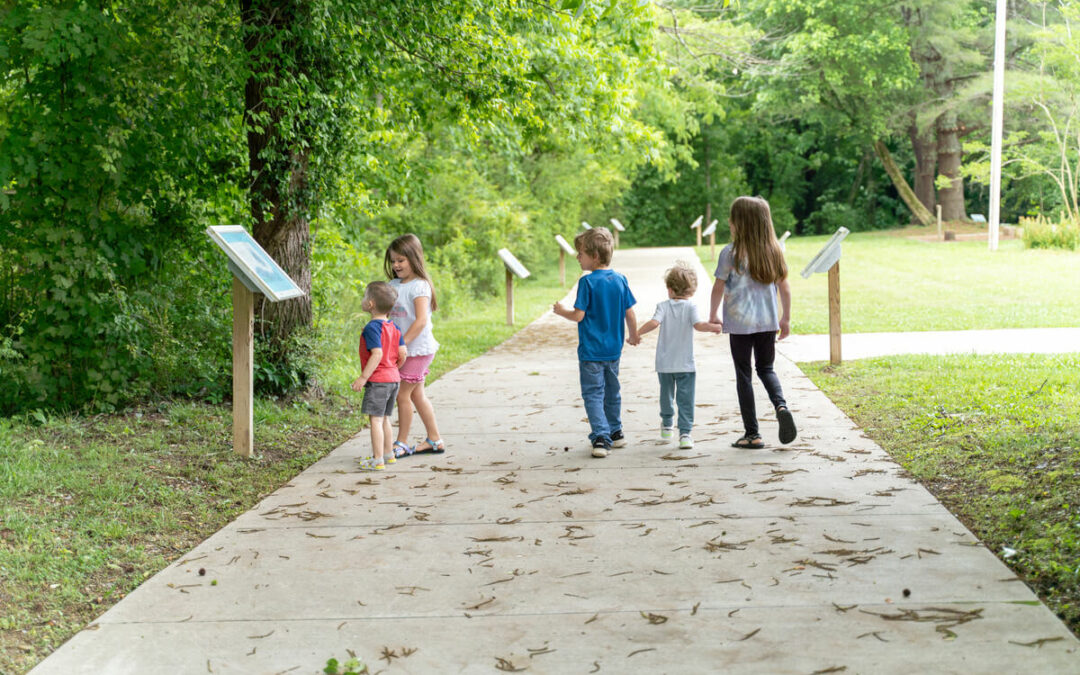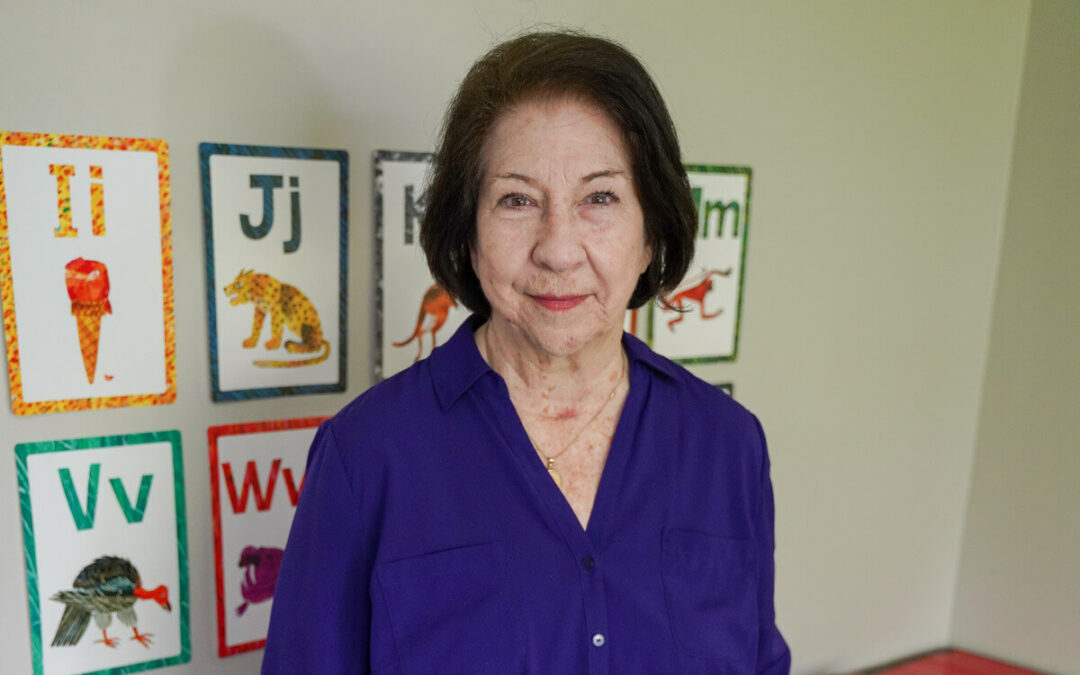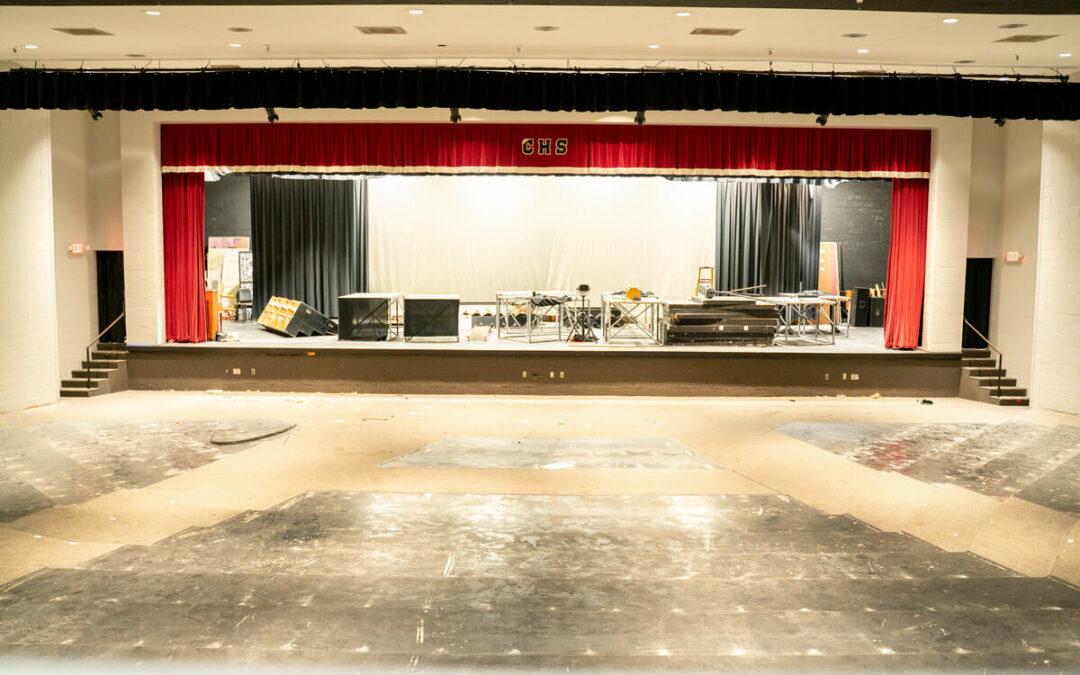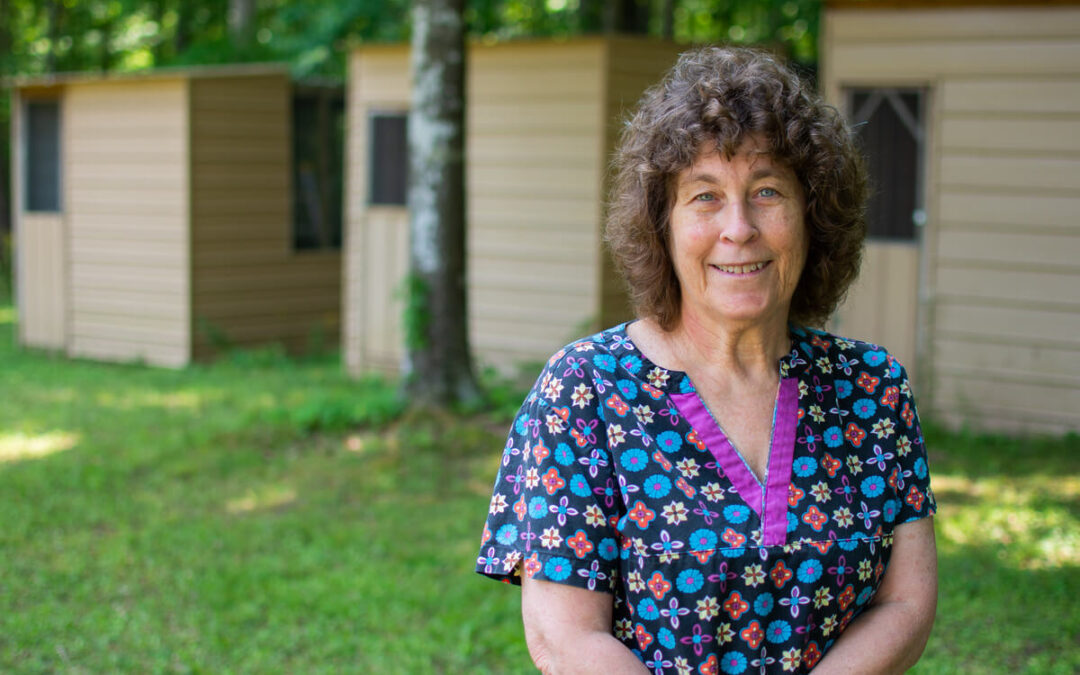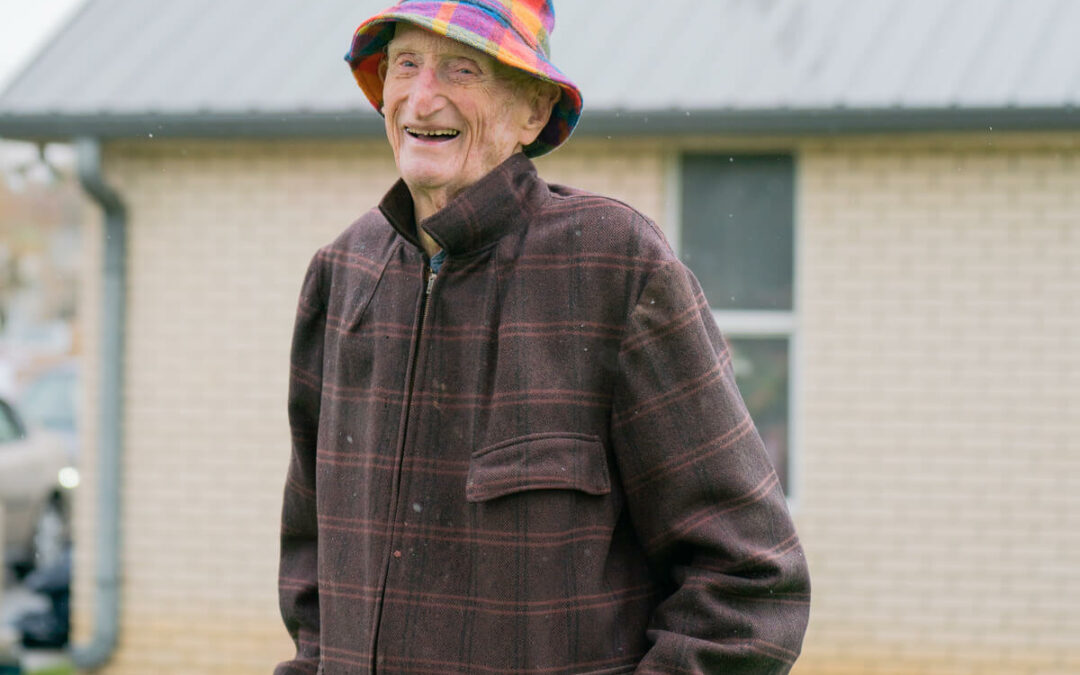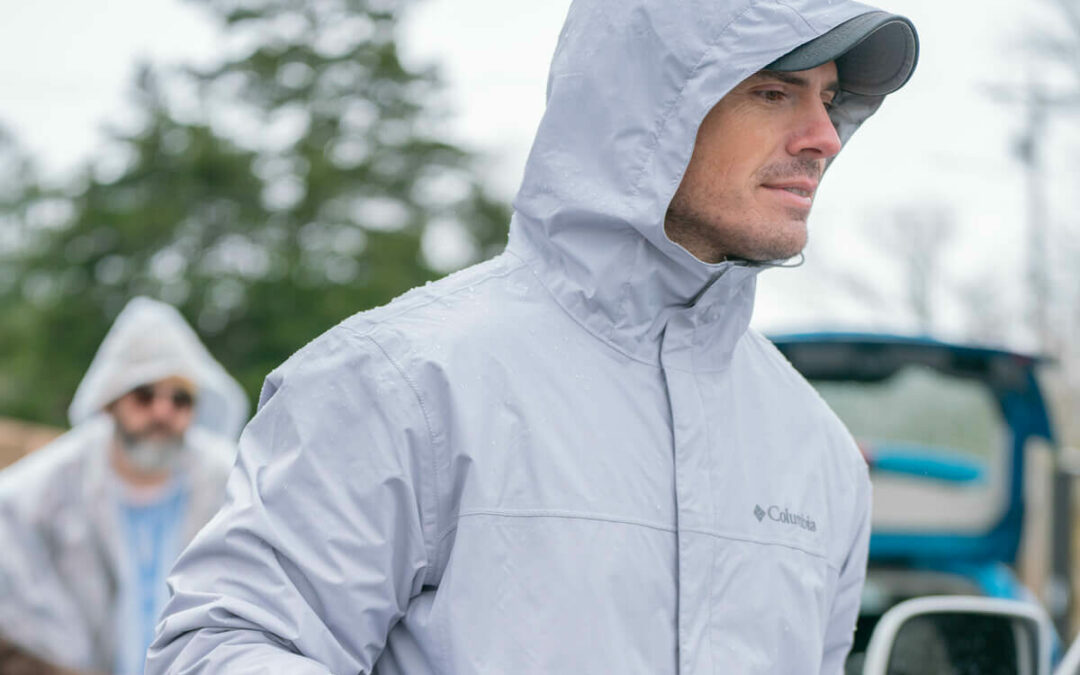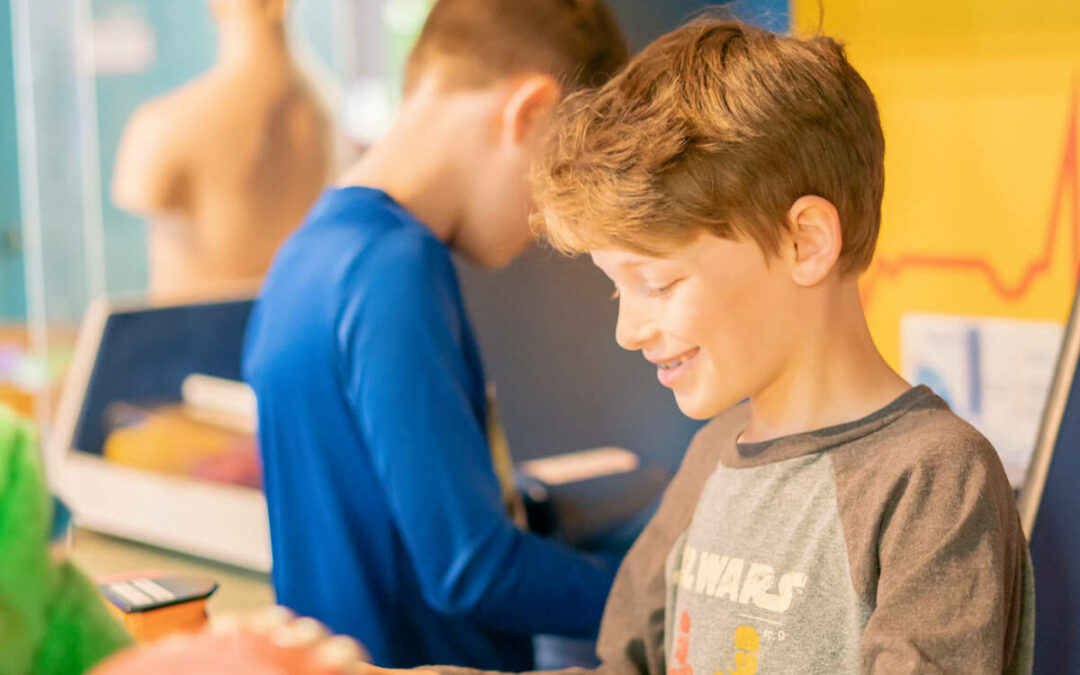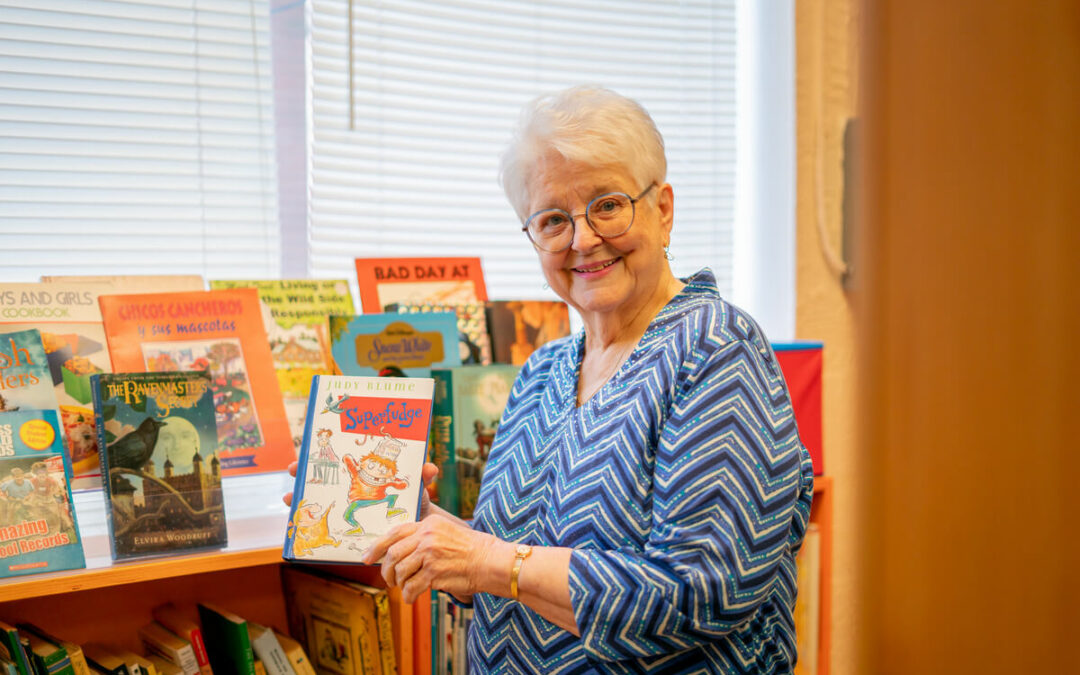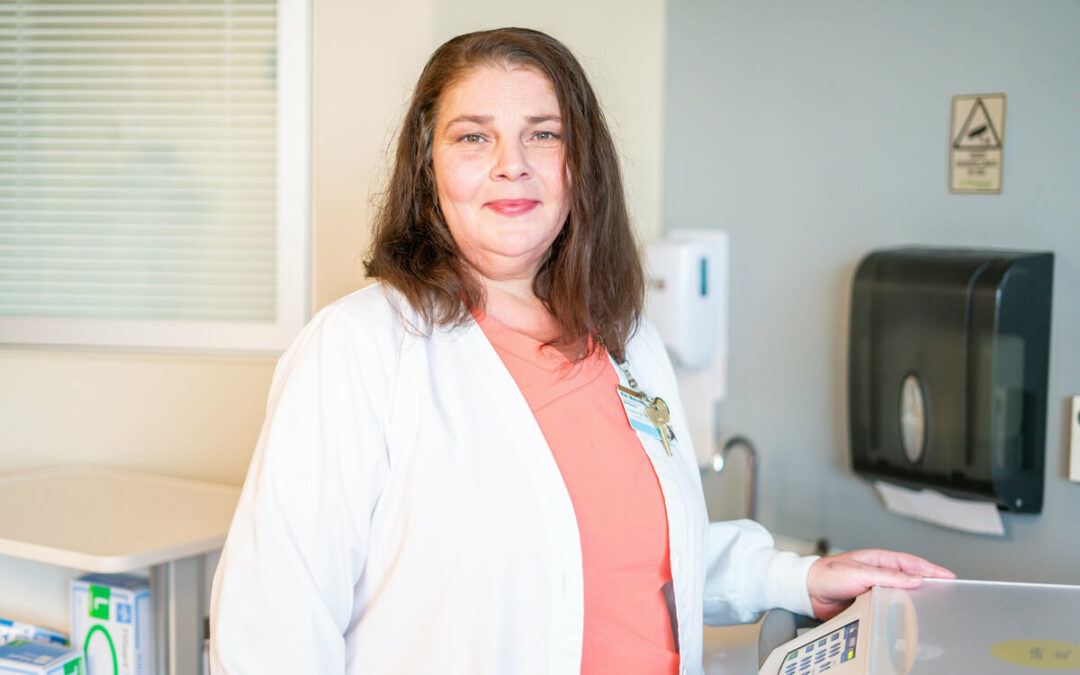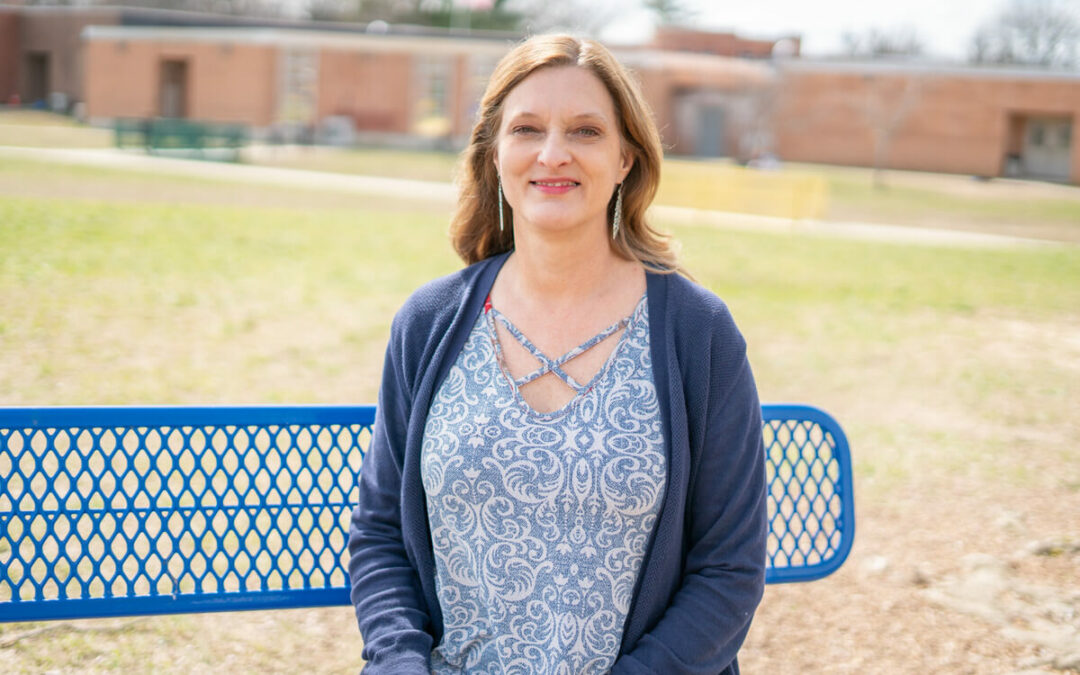Journey, a majestic red-tailed hawk, soared effortlessly above the canopy, her keen eyes scanning the forest below. A master hunter, she has learned to rely on her instincts to survive in the wild. Journey came to the Middle Tennessee Raptor Center injured and grounded, leaving with a survival story. After suffering a wing injury that prevented her from returning to the wild, she found her home with Lyle Russell and his family.
Under their care, she healed and adapted to her new life. Her striking beauty and endurance now symbolize the center’s mission: rescue, rehabilitate, and educate. Inspired by Journey’s story, the Russell family is committed to wildlife conservation and dreams of a future where raptors flourish in Middle Tennessee.
Journey’s story, like many other birds, started as a family hobby.
“We officially started in 2021 as a nonprofit, but really, it began back in 2016 when my wife and oldest son became falconers,” the founder recalled.
The family’s background in falconry illuminated their path toward serving birds of prey. Lyle’s wife, Valerie, a registered nurse, inspired their transition from hobbyists to wildlife rehabilitators. With her medical knowledge and compassionate nature, community members often called her when injured birds needed help.

“We’re not veterinarians, but my wife’s experience in hospice care has given her a unique understanding of life, injury, and healing,” Lyle explained.
It wasn’t long before the Tennessee Wildlife Resources Agency recognized the family’s growing knowledge of wildlife and asked them to join the ranks of raptor rehabilitators in their area.
“It became a family affair. I’d help craft leather goods for their falconry, and soon, people started contacting us for help with injured birds,” Lyle said.
By 2021, their fascination with raptors led them to open the Middle Tennessee Raptor Center, a nonprofit organization that rehabilitates injured birds of prey and educates the community on their importance. They also earned three separate licenses for rehabilitation, education, and falconry. Their home is now the Middle Tennessee Raptor Center’s base of operations. Lyle humorously refers to it as “a fancy name for the downstairs of our house.”
A common question they receive during programs is whether large raptors pose a threat to pets, especially small dogs or cats. Lyle explained that while birds of prey might seem intimidating, they rarely target pets unless they are in a desperate state of hunger.

“They prefer easy meals,” he said, educating the community about raptor behavior and how to protect both pets and wildlife.
“People are afraid that large birds will swoop down and carry off their pets, but that’s not true. Birds of prey are more likely to protect their nests than hunt pets,” he added.
Aside from rehabilitating injured birds, they also educate, dispel misconceptions, and help people coexist peacefully with wildlife. Lyle especially enjoys bringing their ambassador birds to schools, civic groups, and community events.
“It’s my personal favorite,” he said. “Going out and teaching people about these incredible creatures, raising awareness about how we can help preserve their habitats, and debunking myths about birds of prey is incredibly rewarding.”
One of the center’s primary focuses is preventing unnecessary harm to these majestic creatures.
“The biggest threat to birds like Journey isn’t predators or the wild — it’s us,” Lyle said. “Rat poison is a huge problem. Birds of prey often eat poisoned rodents, which then poisons the bird.”

Through public education, the center advocates for alternatives to harmful substances like rat poison, raising awareness about the unintended consequences of human actions.
Conservation and education go hand in hand for the Middle Tennessee Raptor Center. One of the team’s biggest priorities is to return the birds to the wild and give them a second chance at life.
“We have about a 68% success rate with releasing birds back into the wild. We don’t want to collect them. Our goal is to heal them and send them back out.”
For the birds that can’t be released, the center ensures they still have a purpose. They place them in education programs around the country or use them as ambassadors in local schools and community groups.
The Russells have ambitious plans for the future of the Middle Tennessee Raptor Center. Though they currently operate from their home, they envision creating a public nature center where families can learn about birds of prey, conservation, and the natural world in a hands-on environment. Their vision includes walking trails, outdoor pavilions, and interactive education spaces where visitors can observe their ambassador birds up close.
Through their persistent efforts and love for birds of prey, the Russell family has created an organization for raptors like Journey to heal, thrive, and educate others. Their organization integrates wildlife rehabilitation and community interaction. As they work toward expanding the center, Lyle, Valerie, and their children continue to live in service of these magnificent birds. Together, they are helping raptors not only survive but continue to soar. GN


